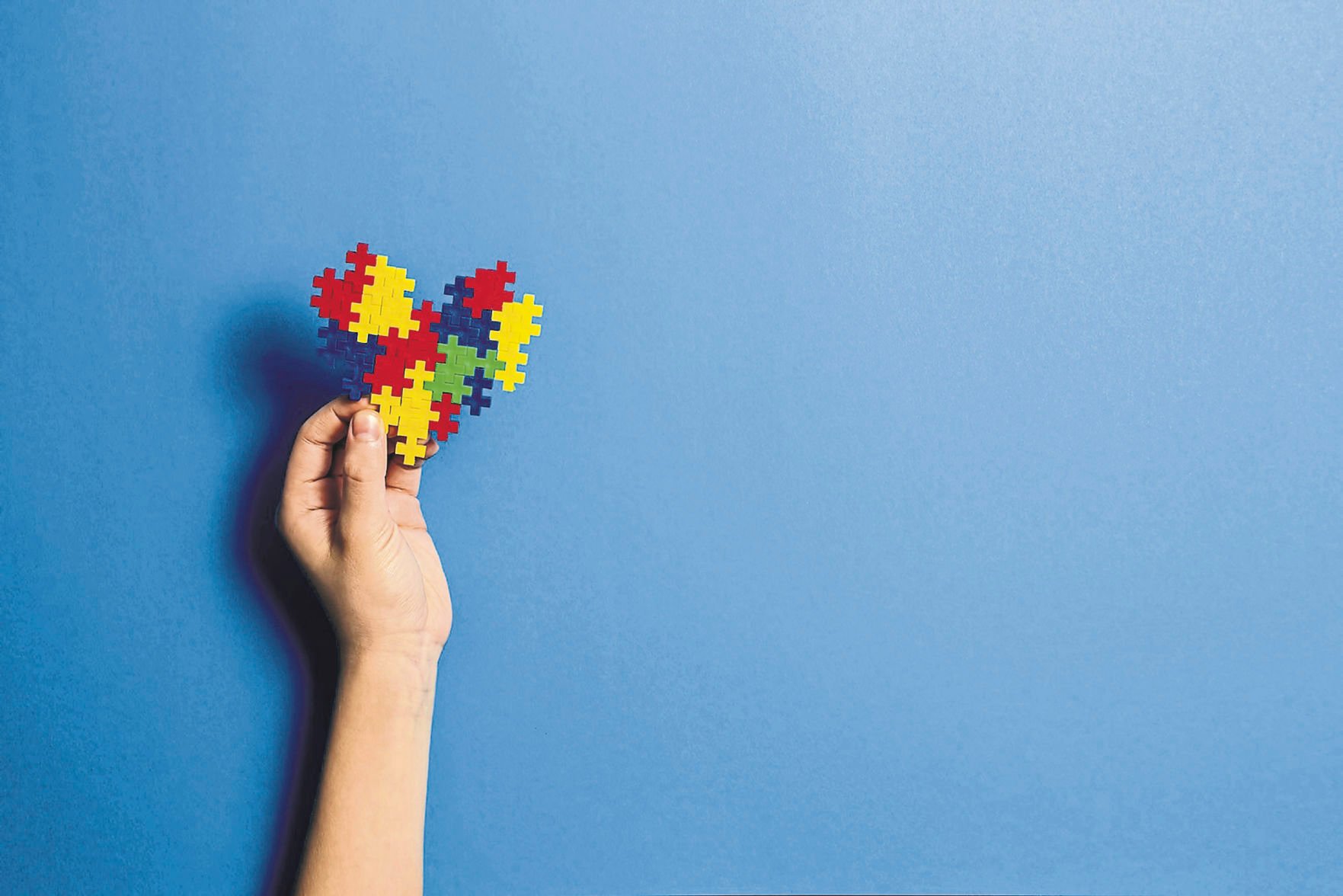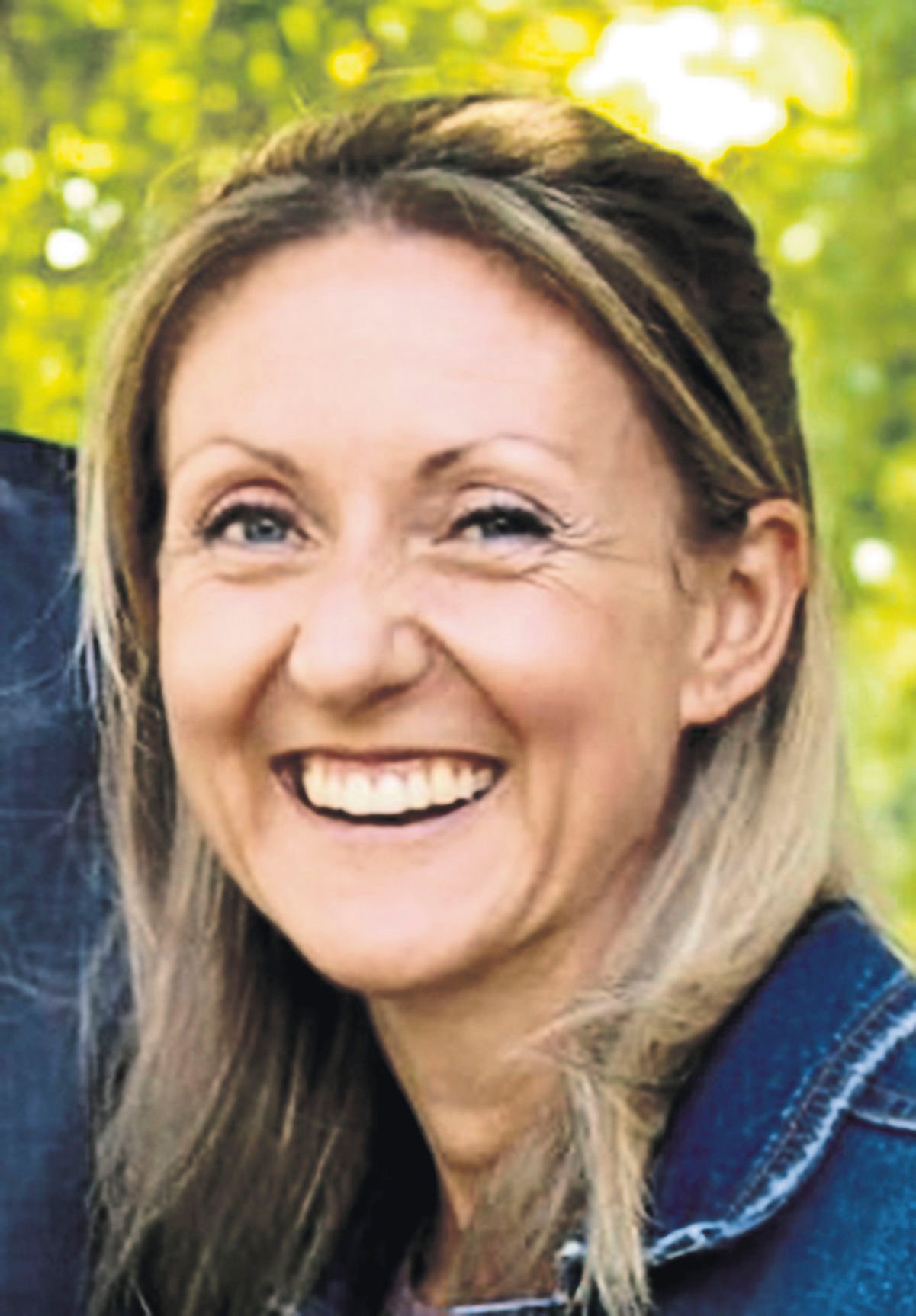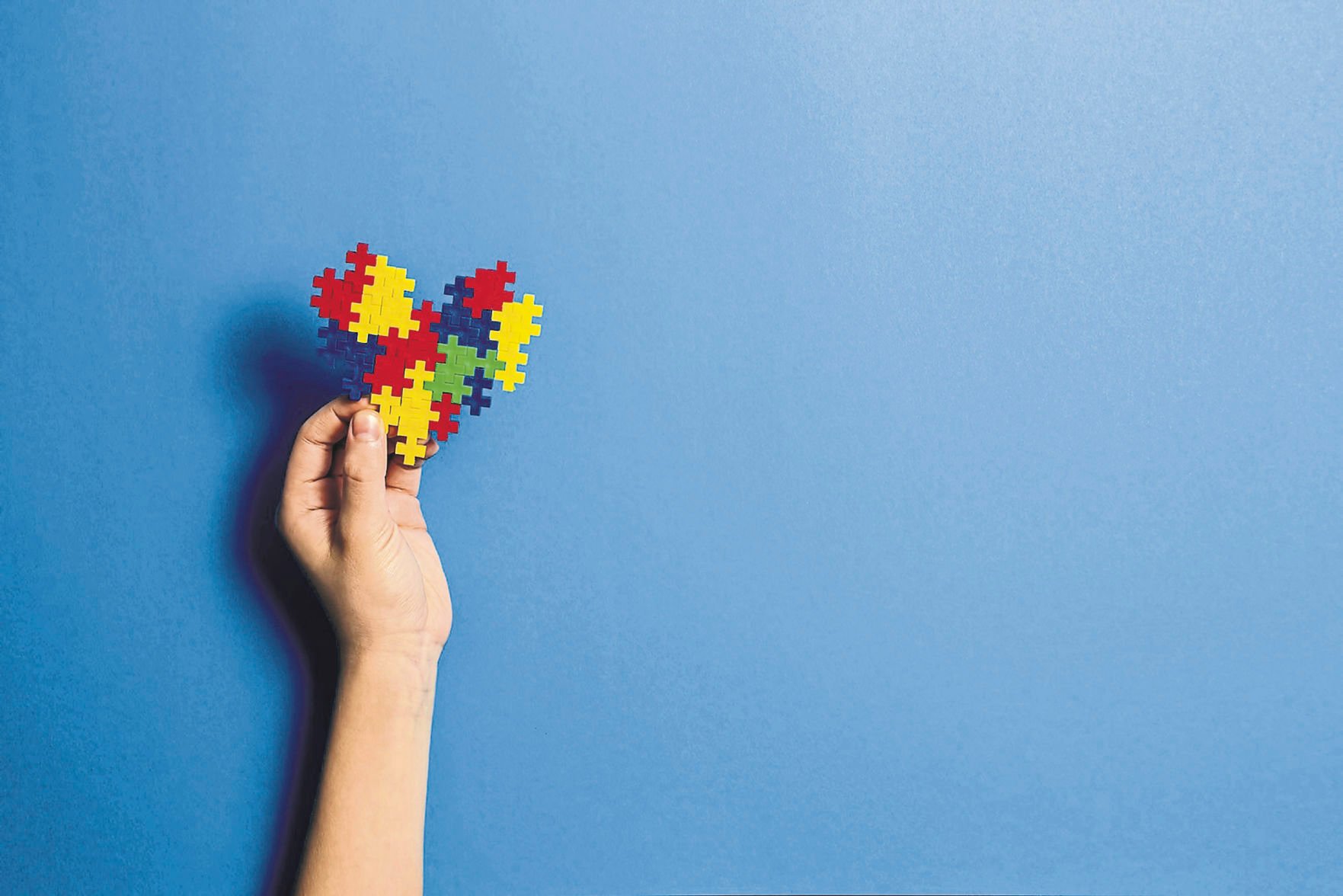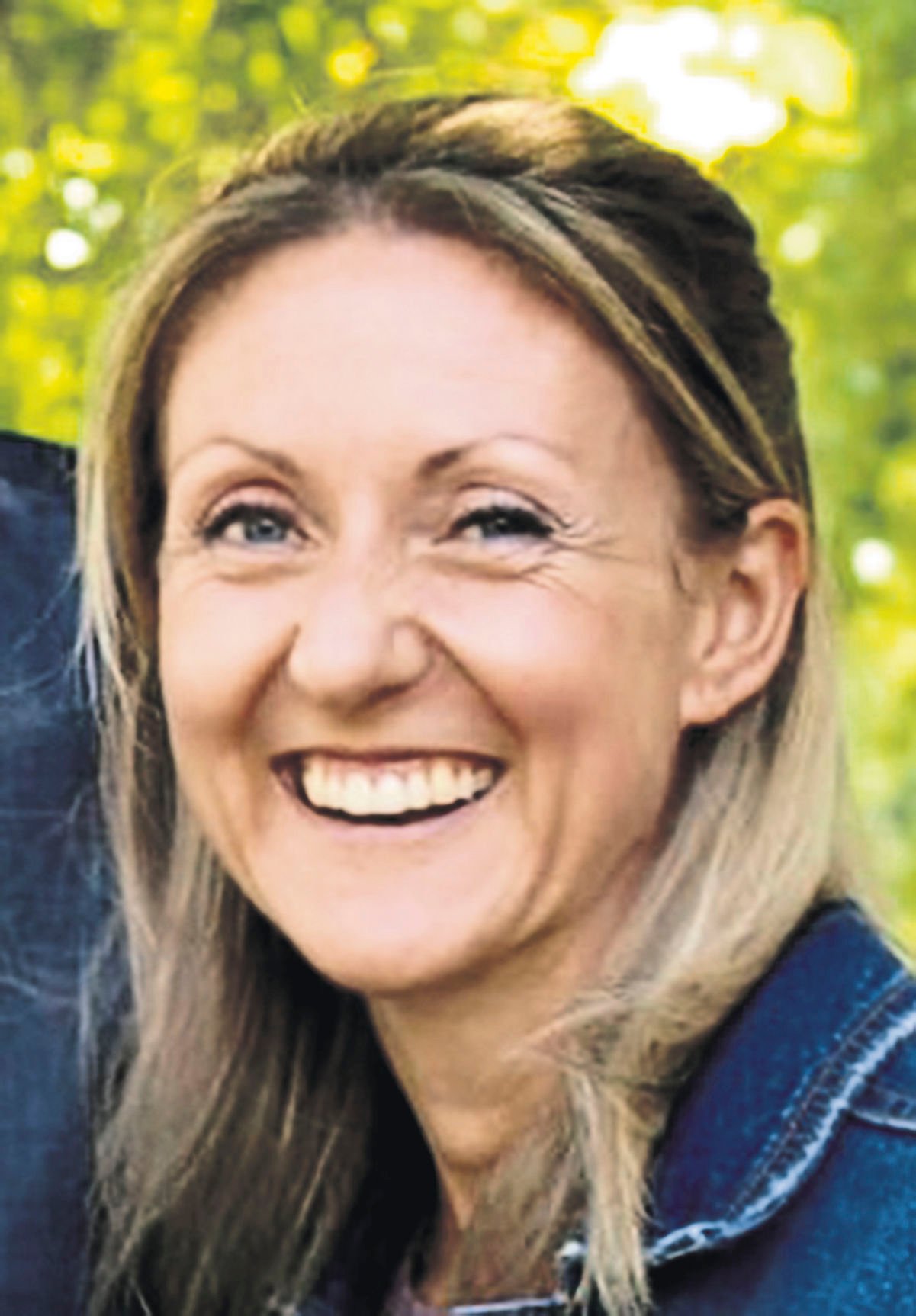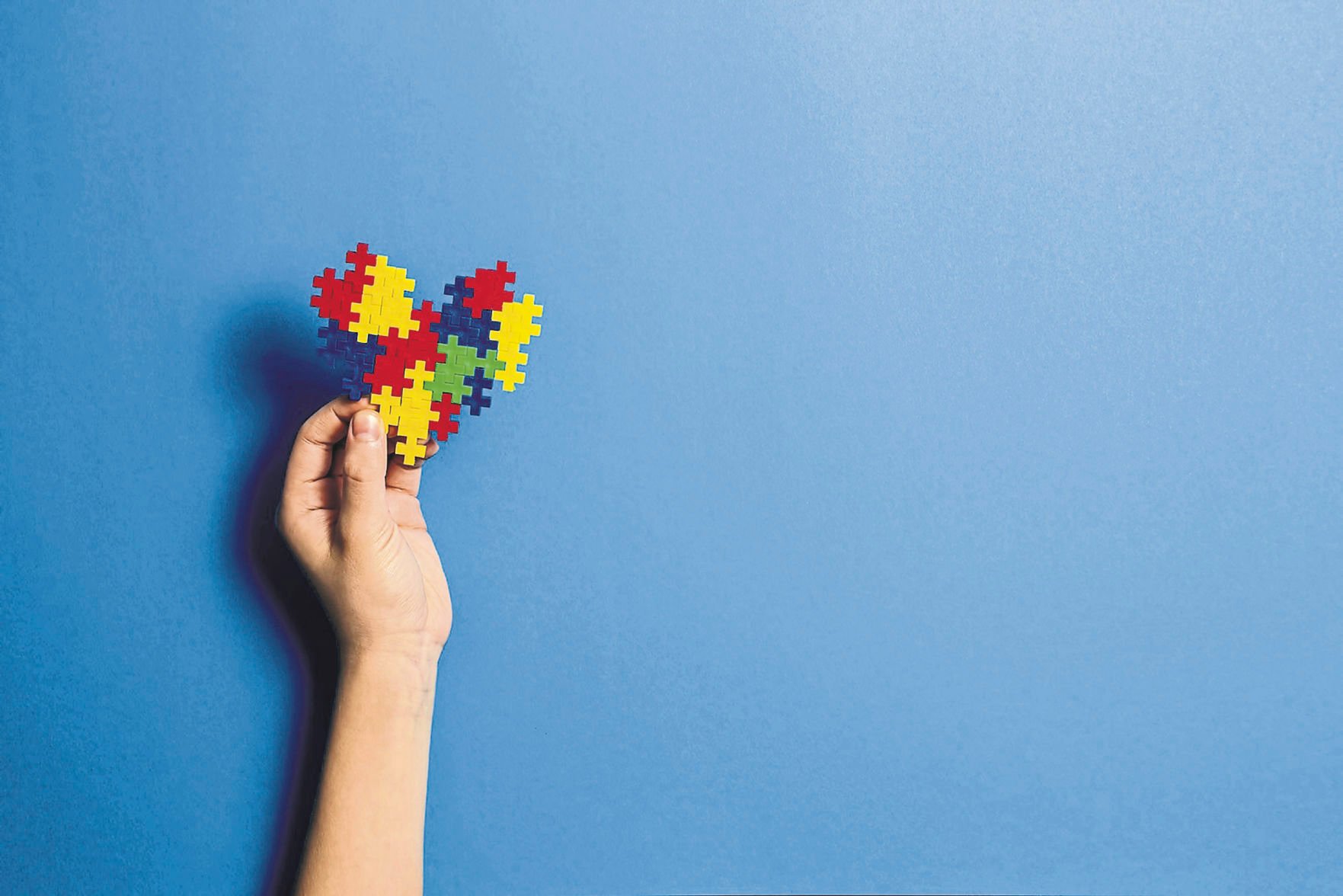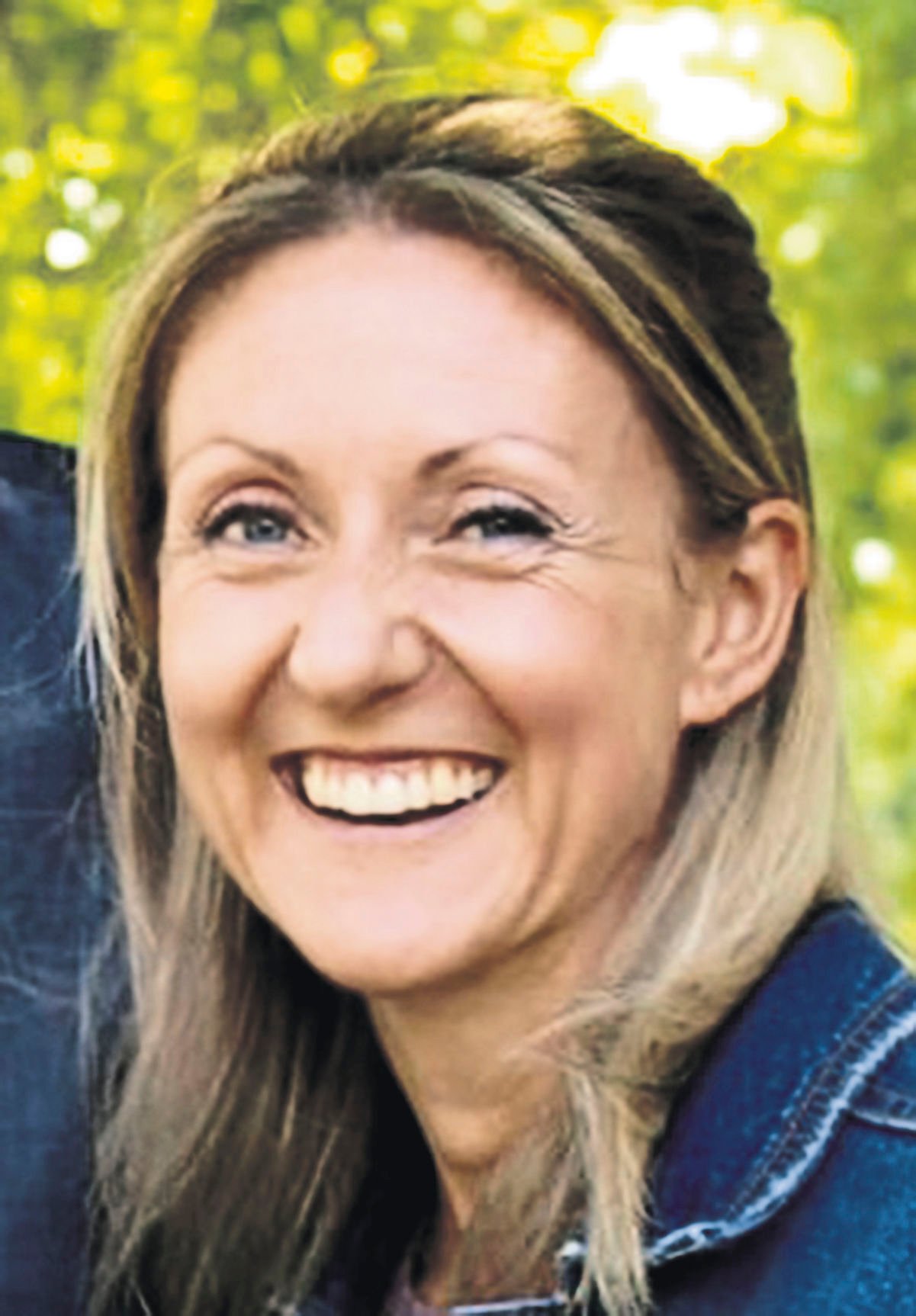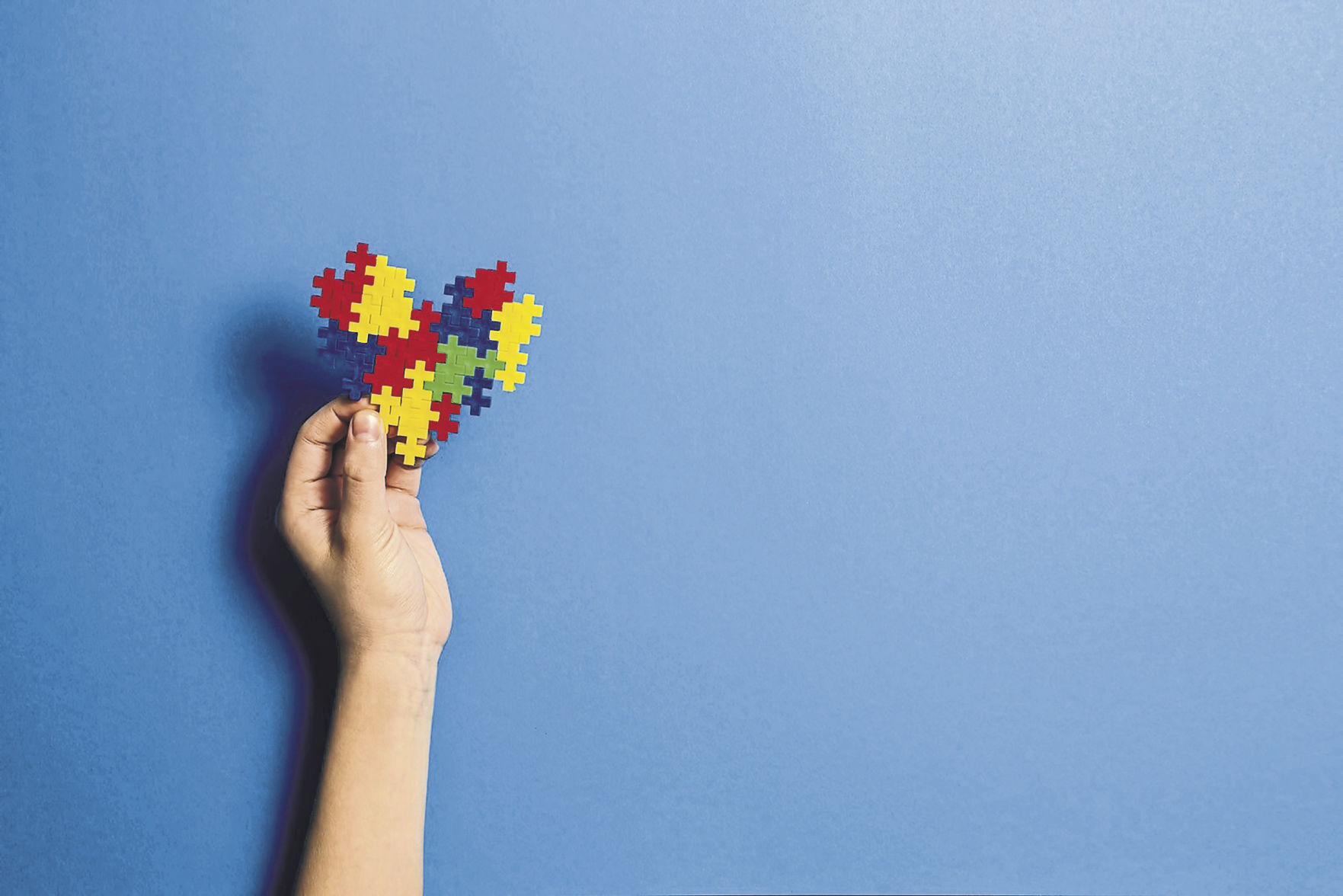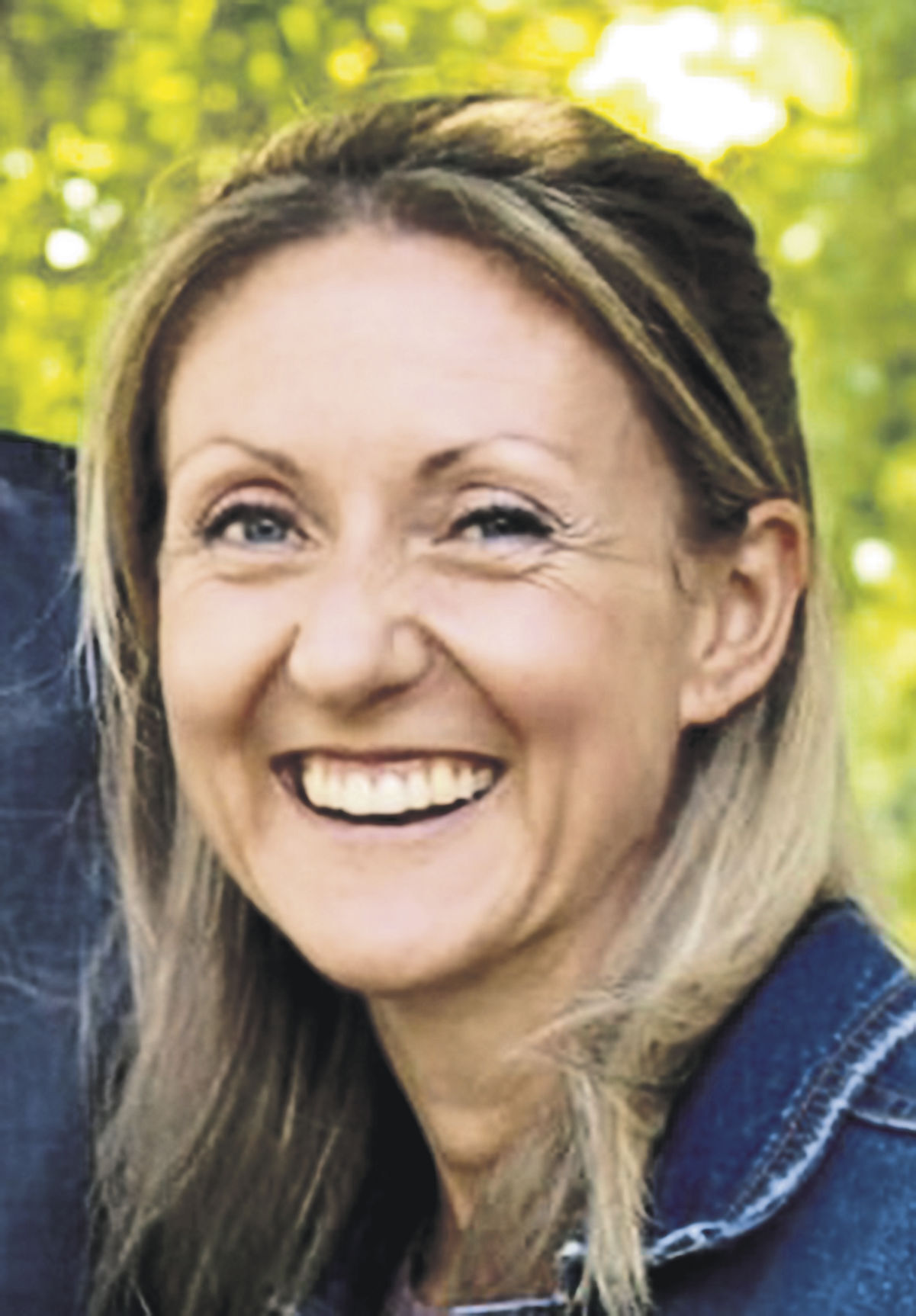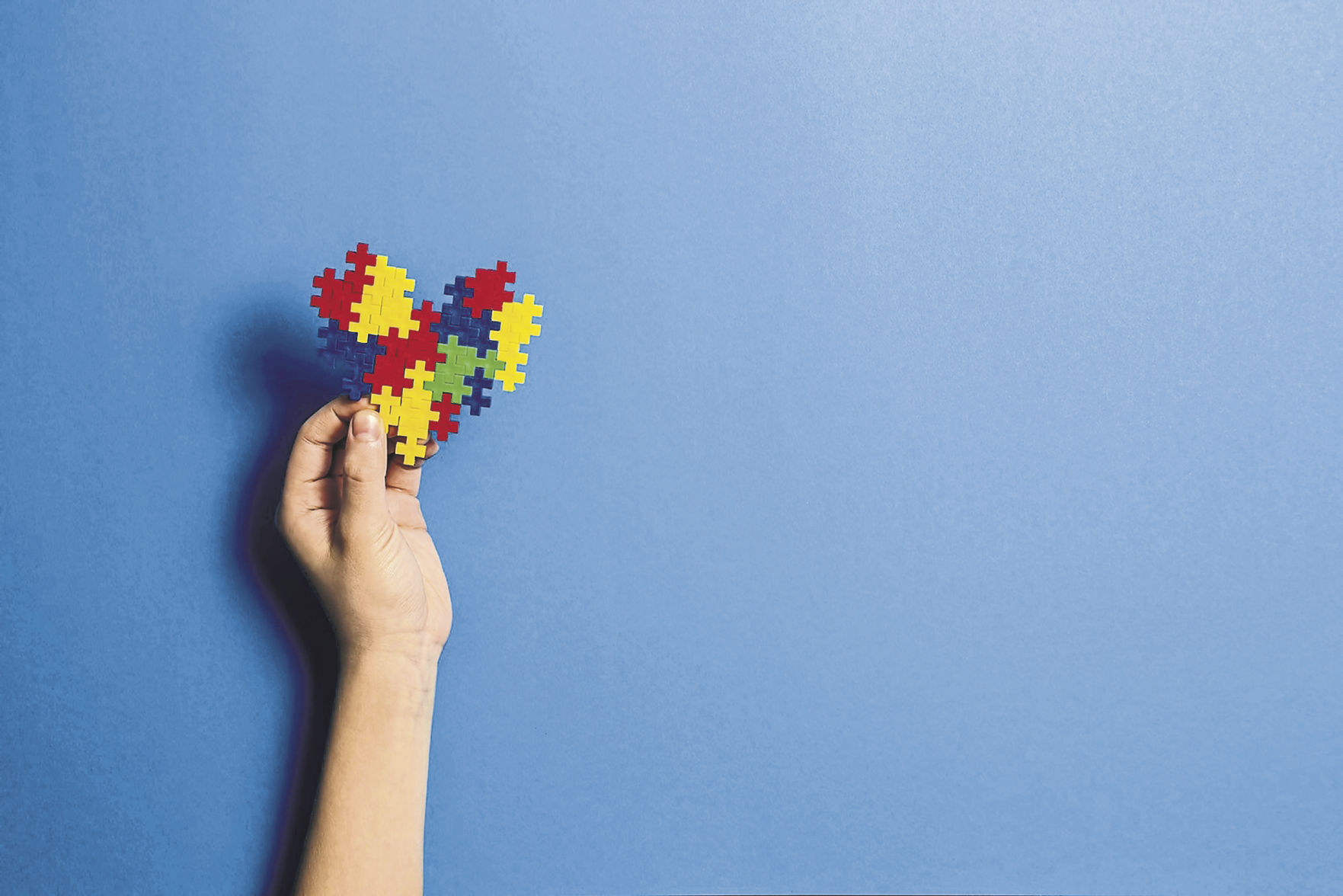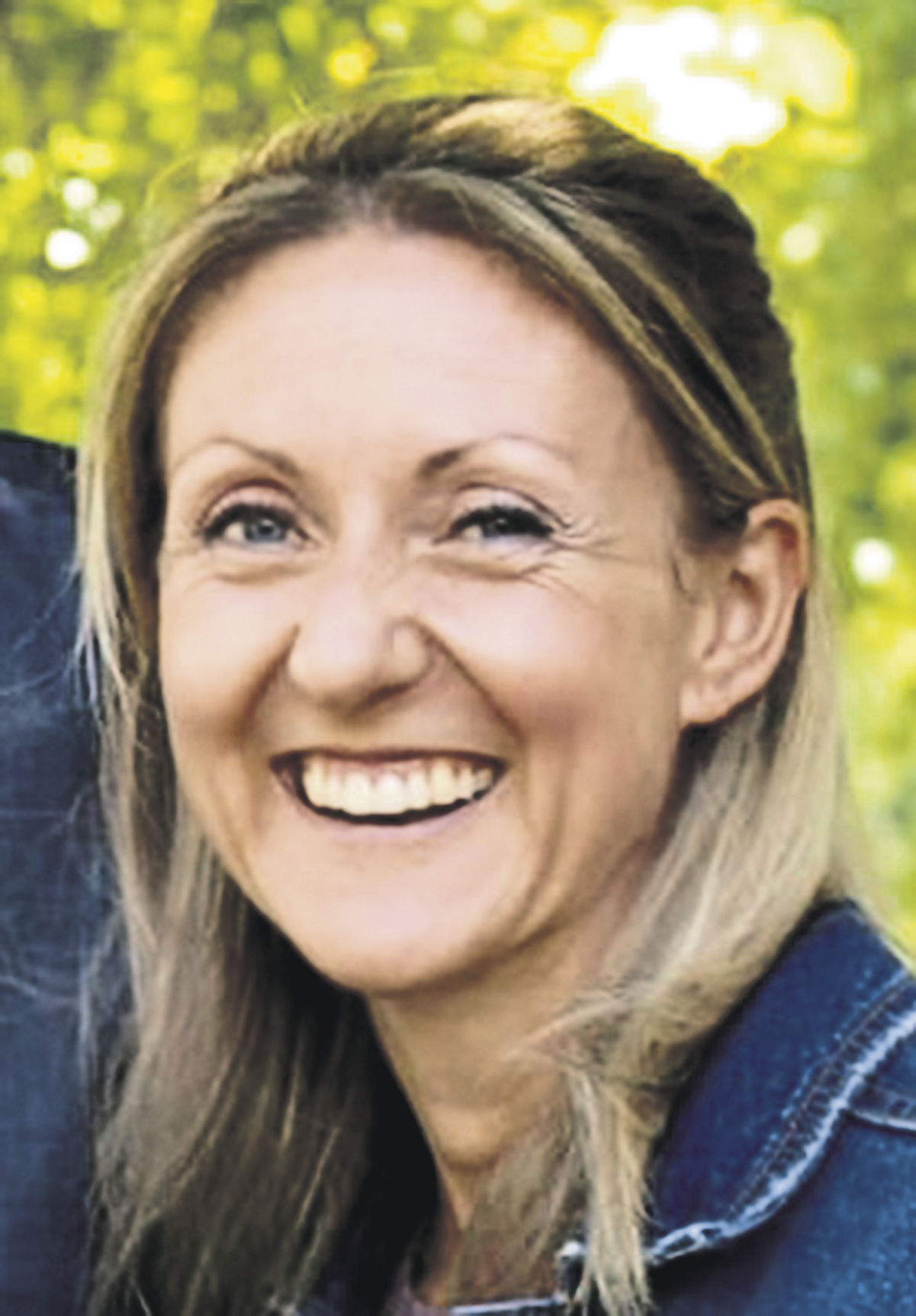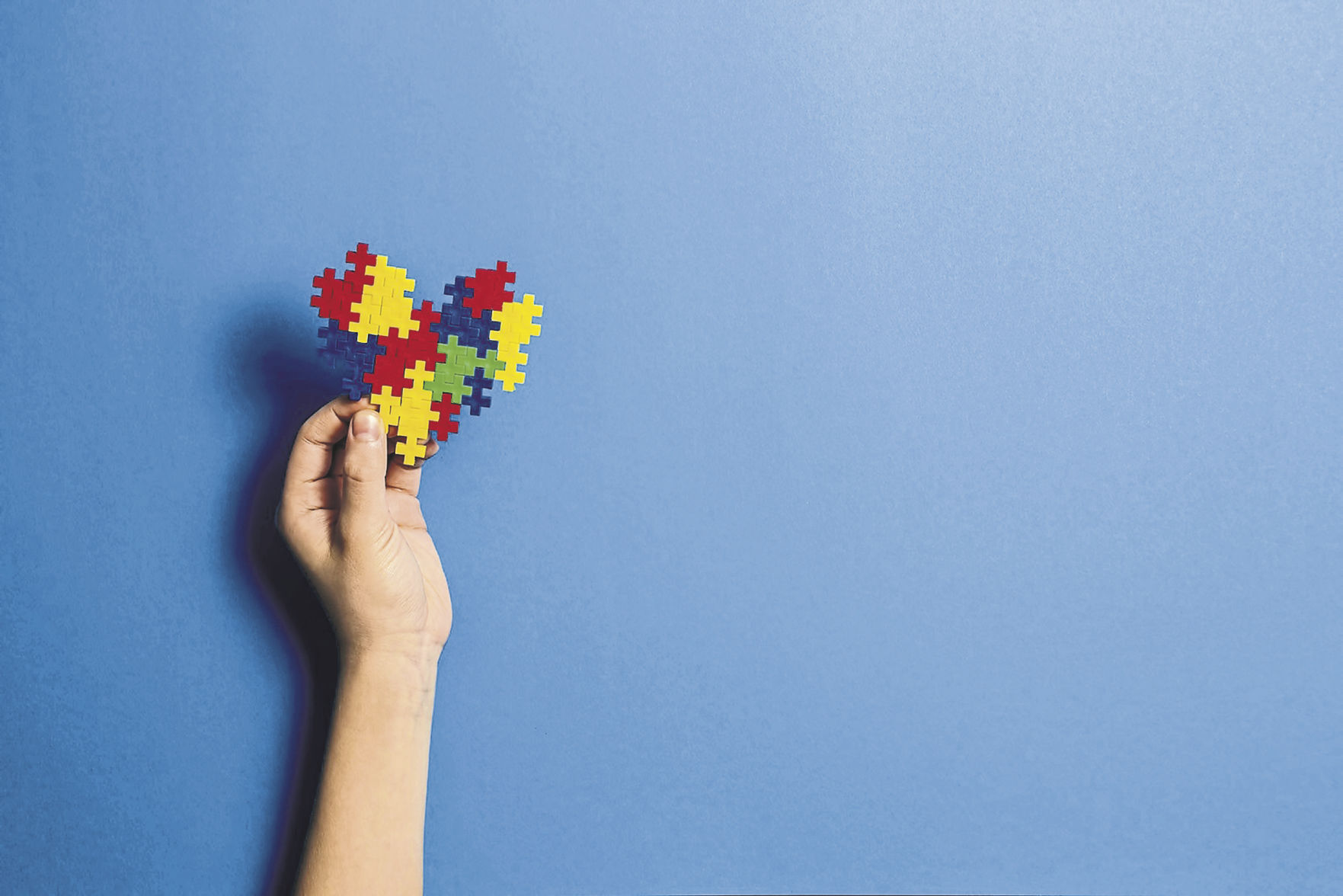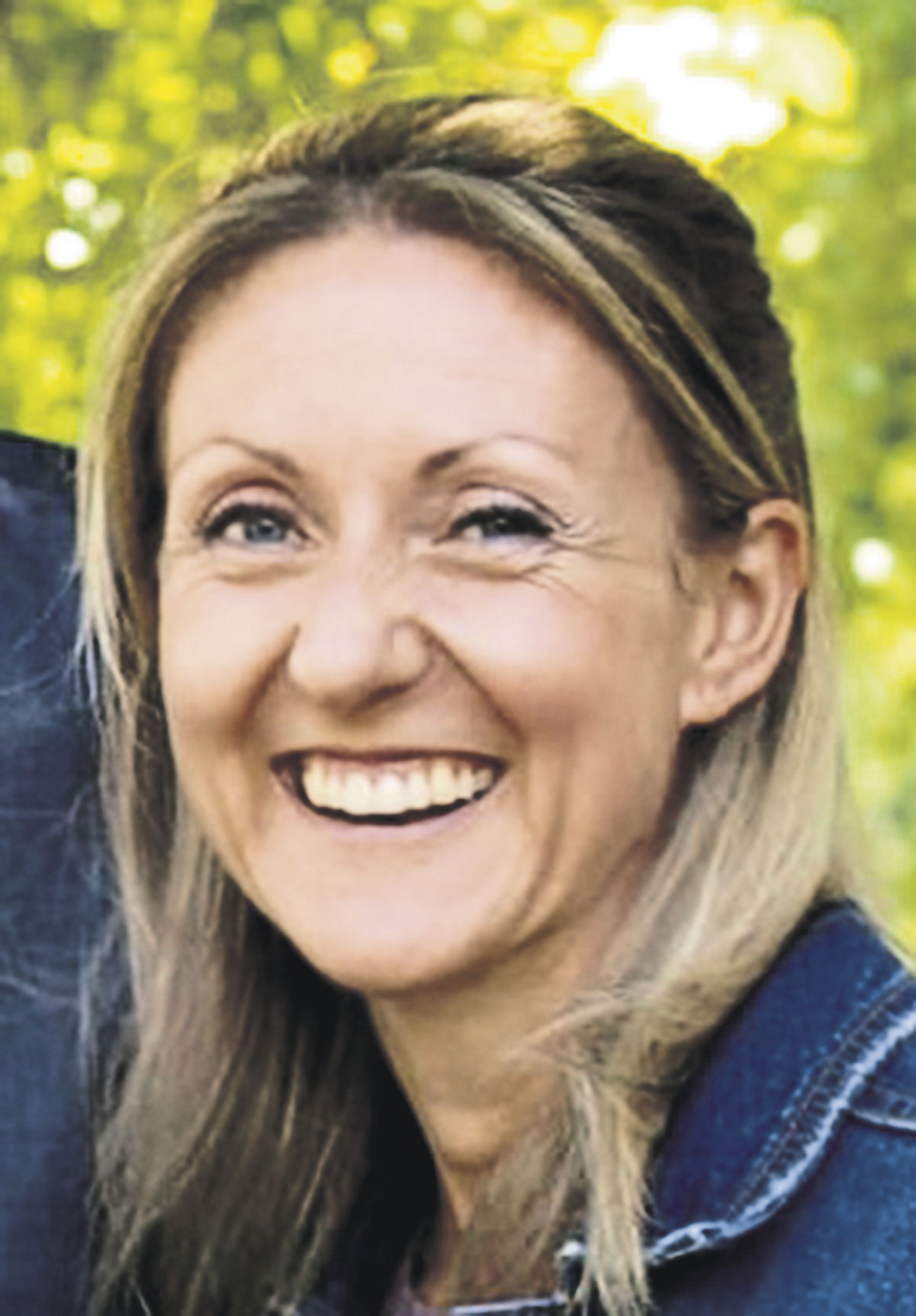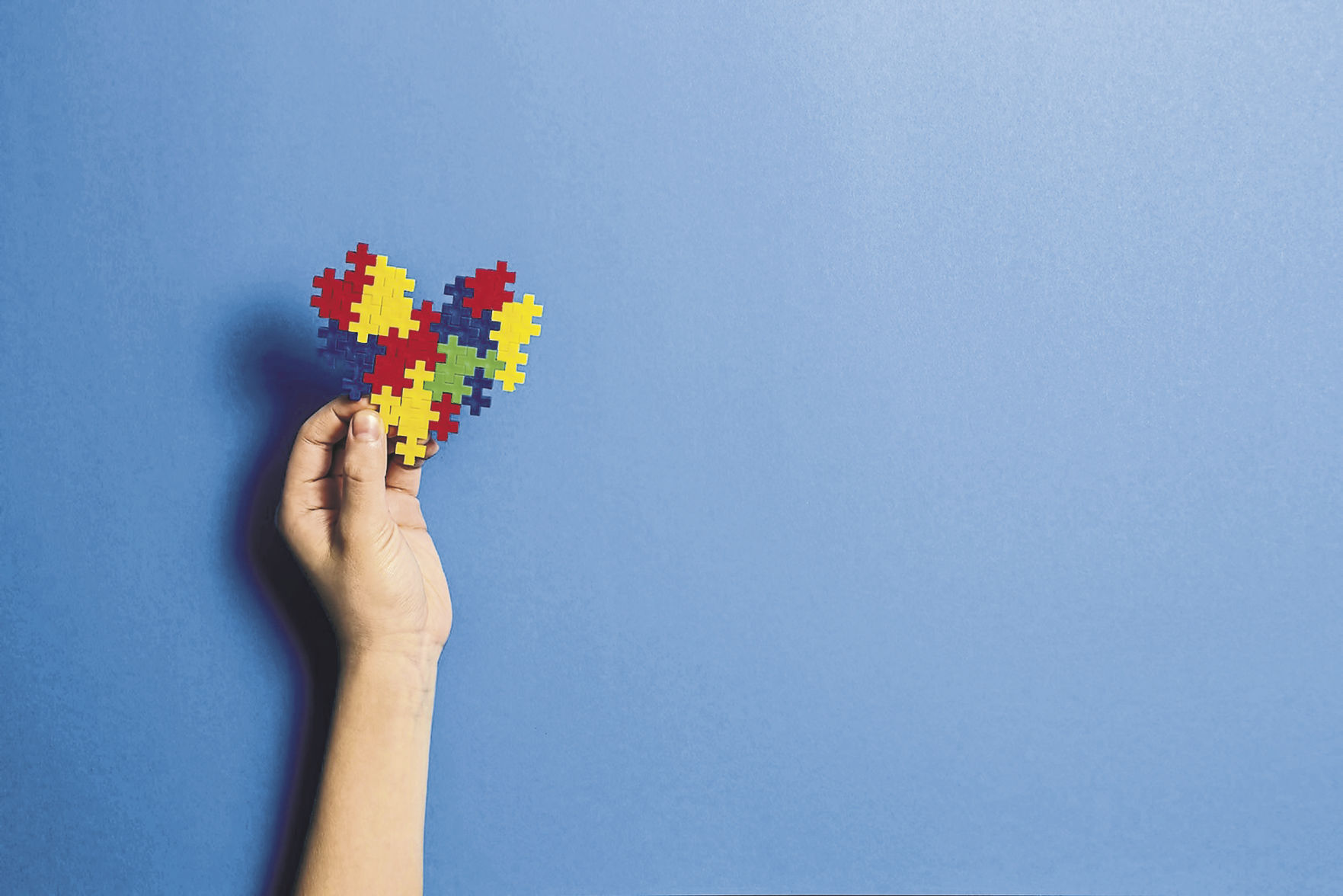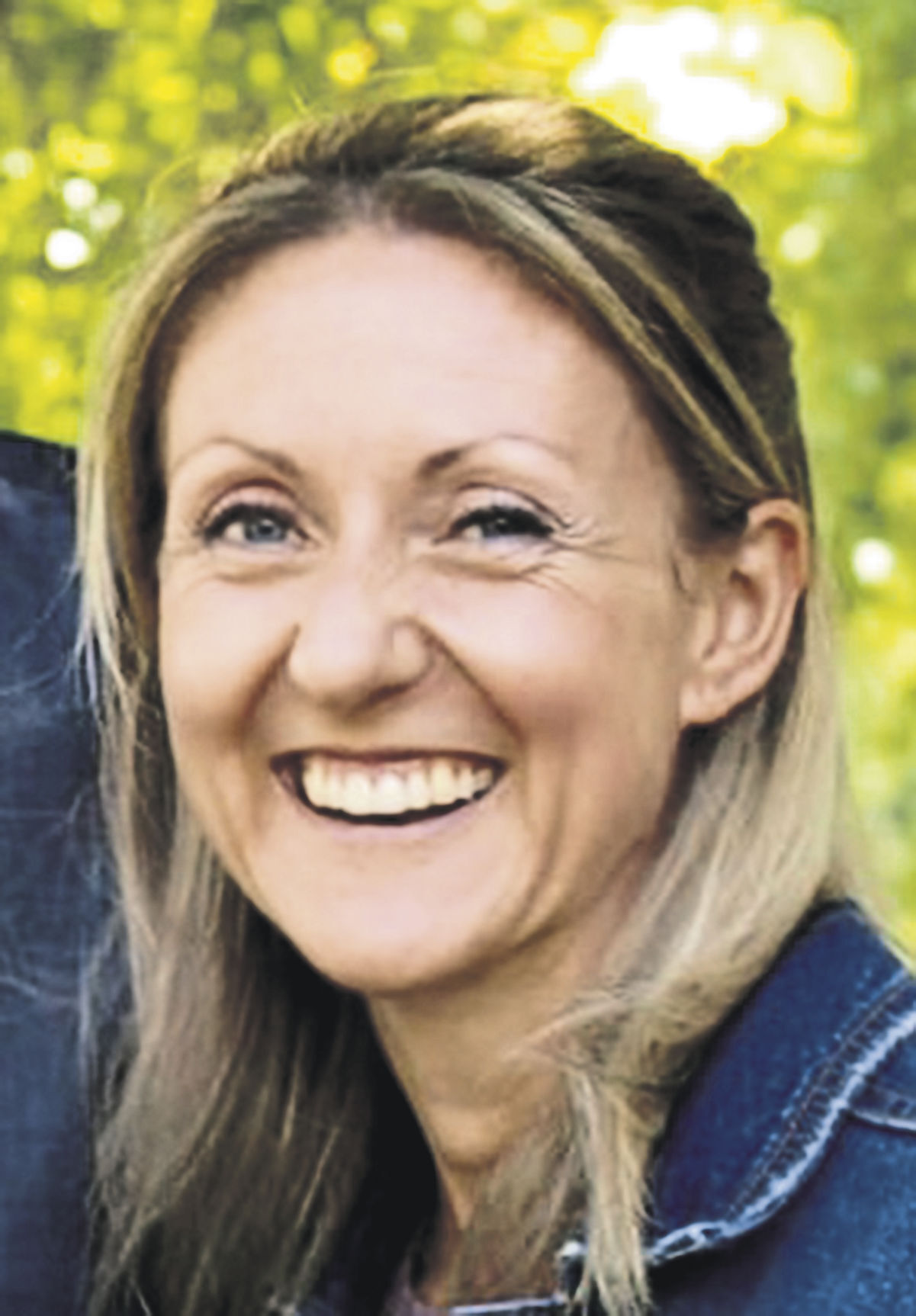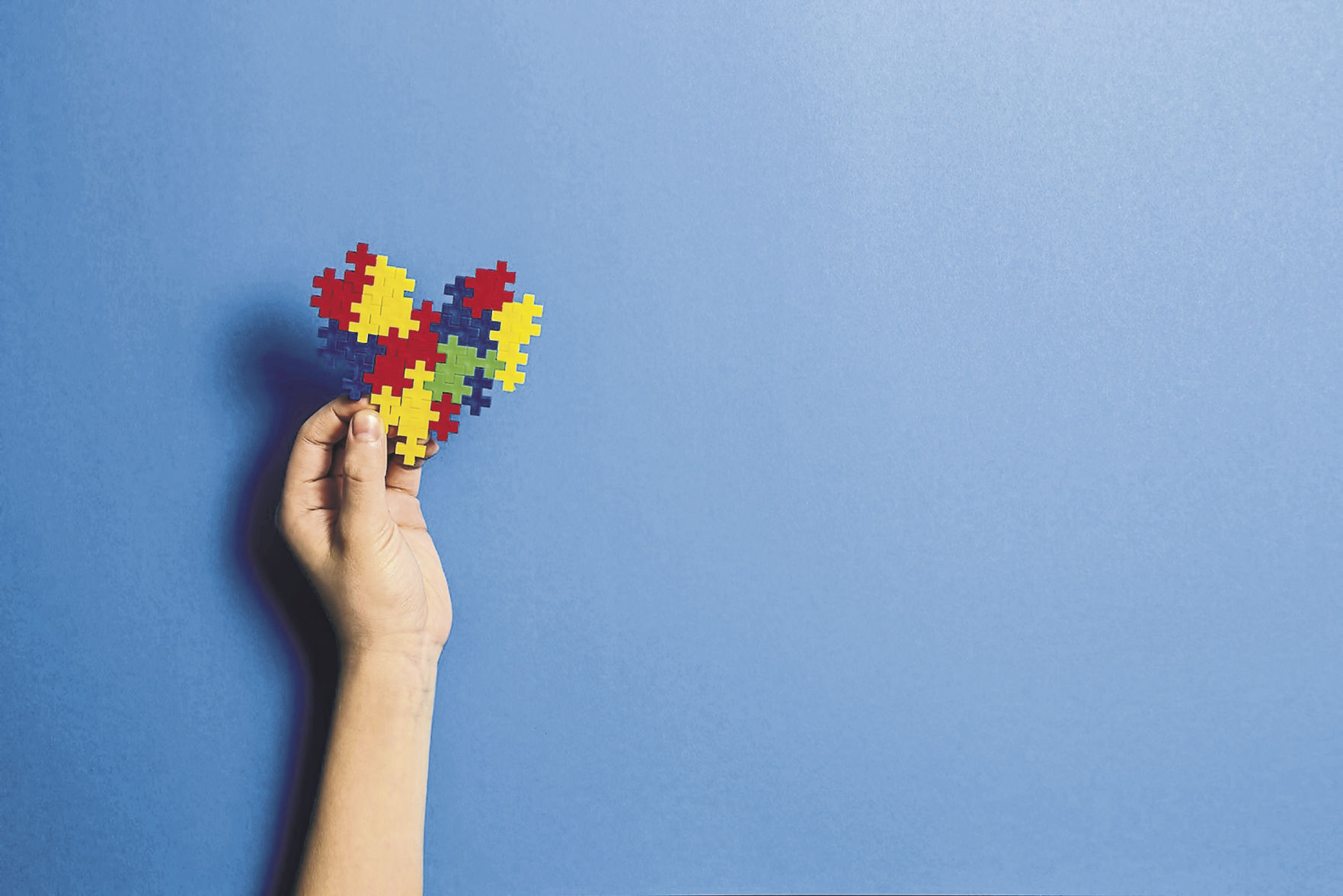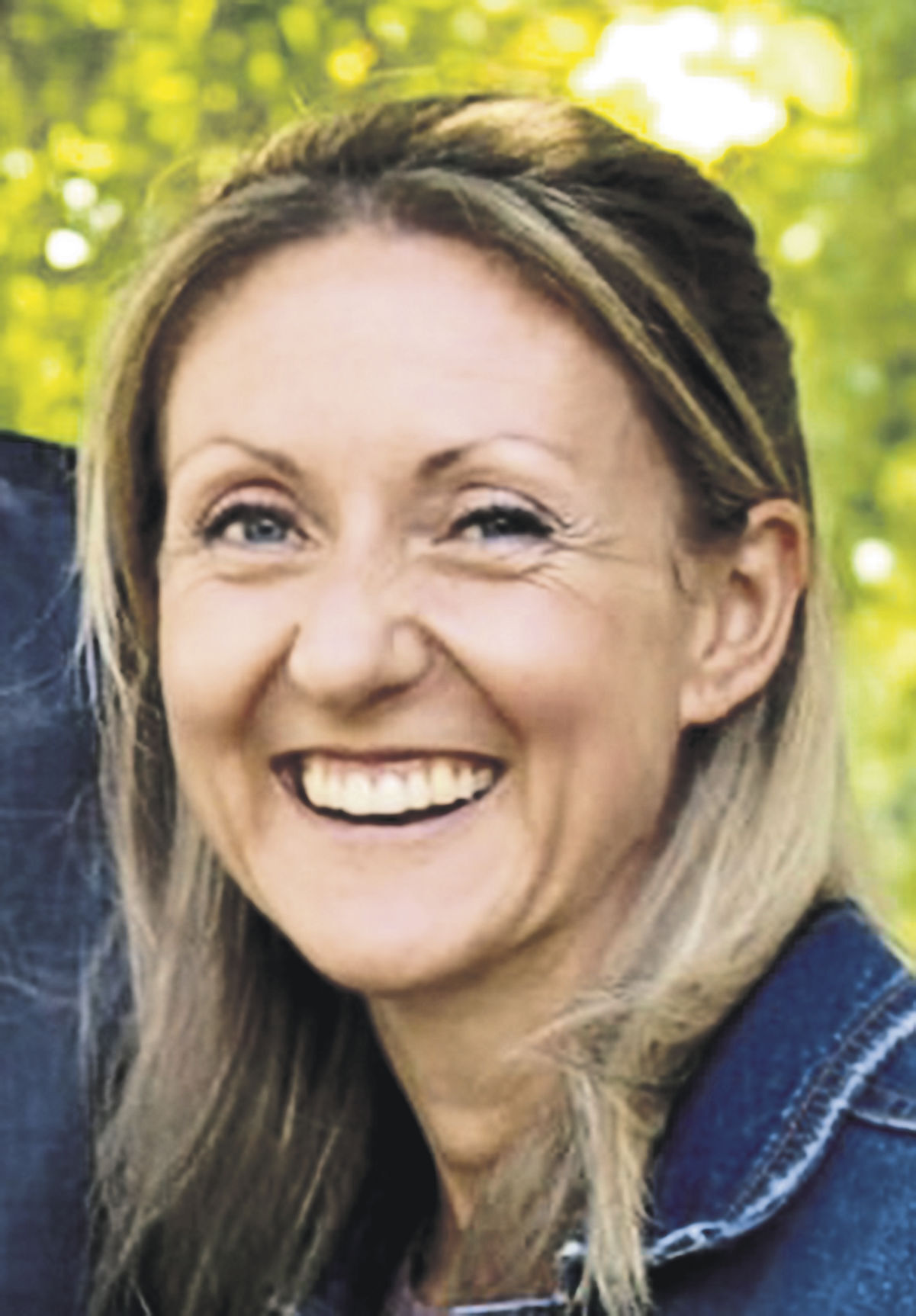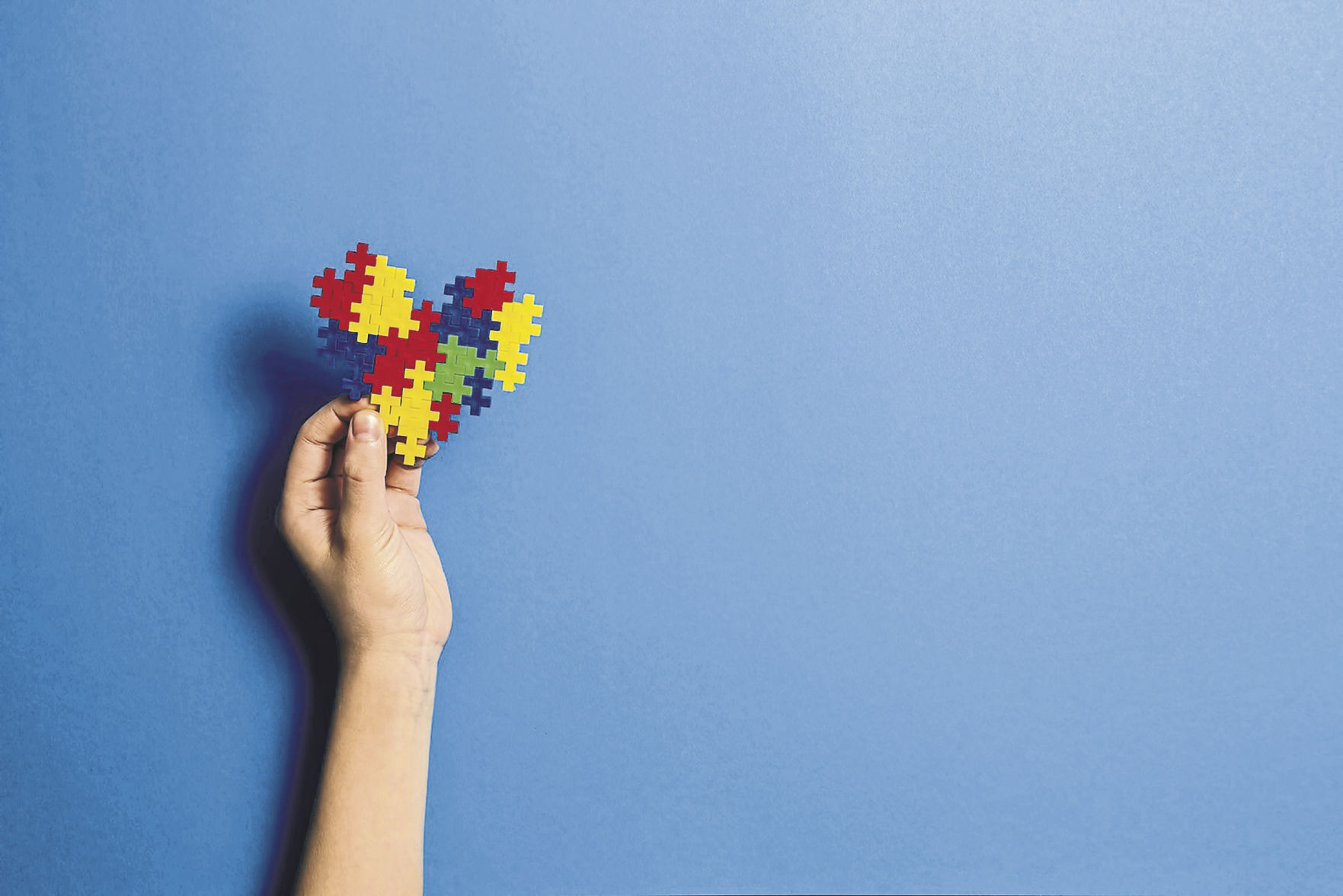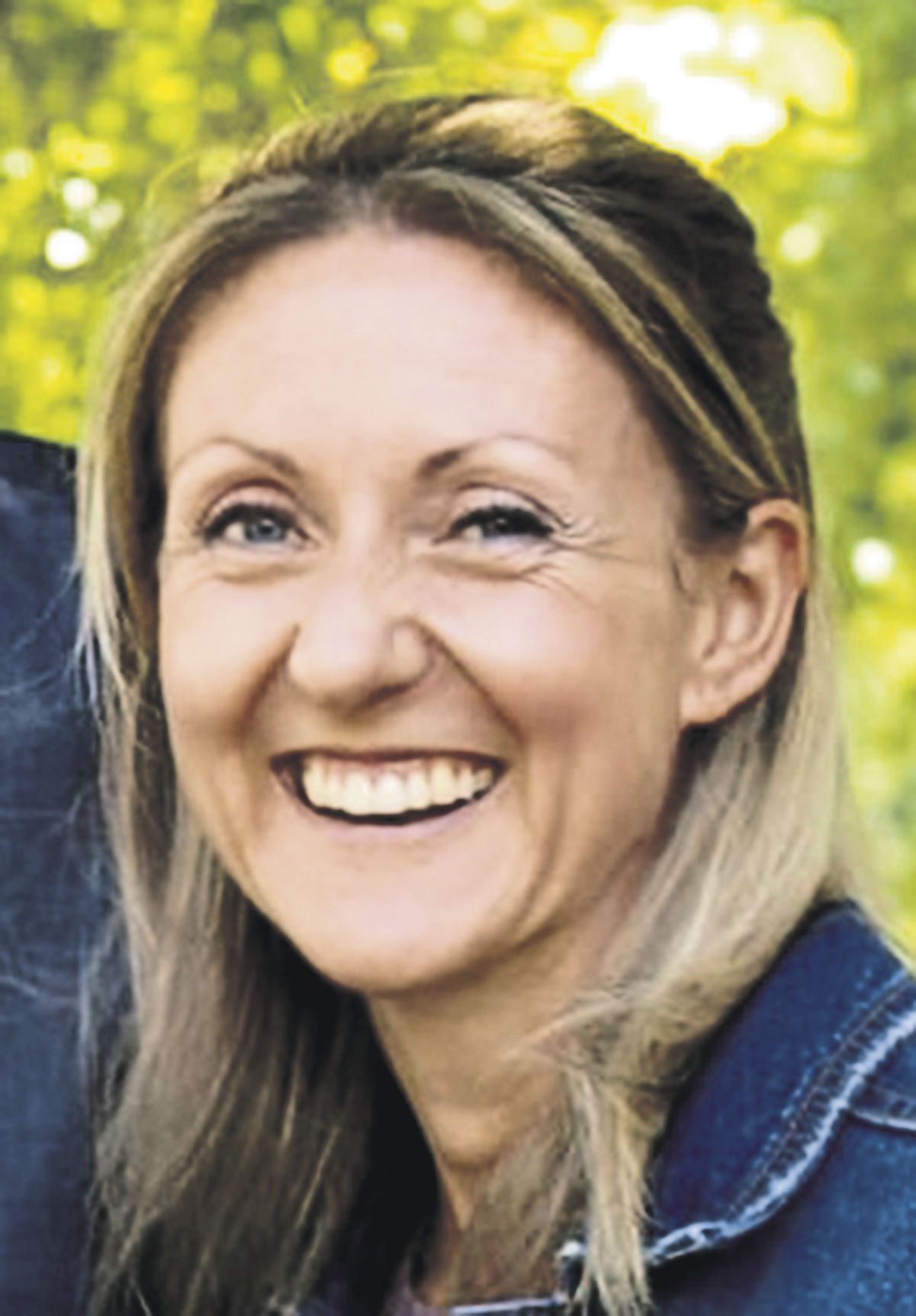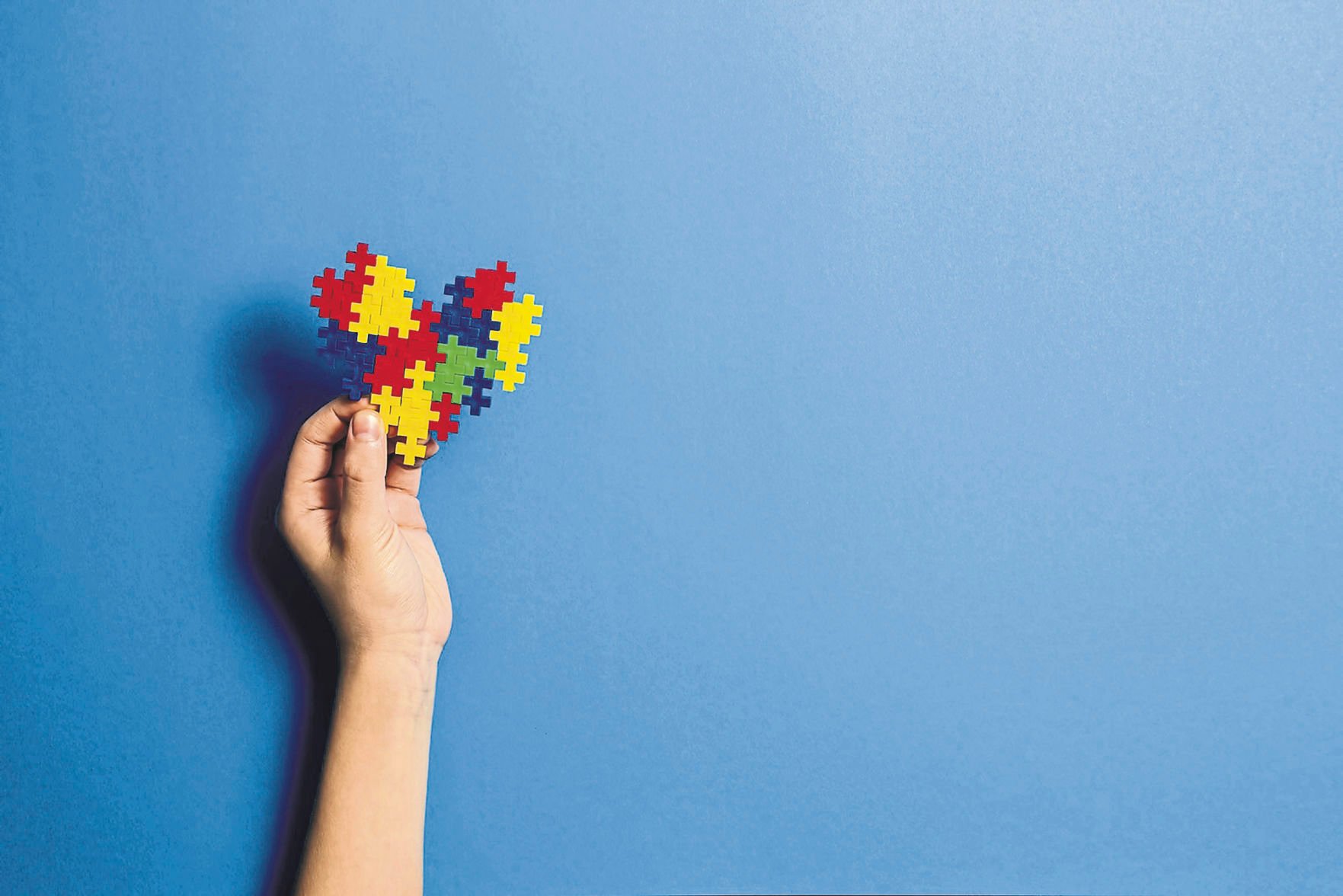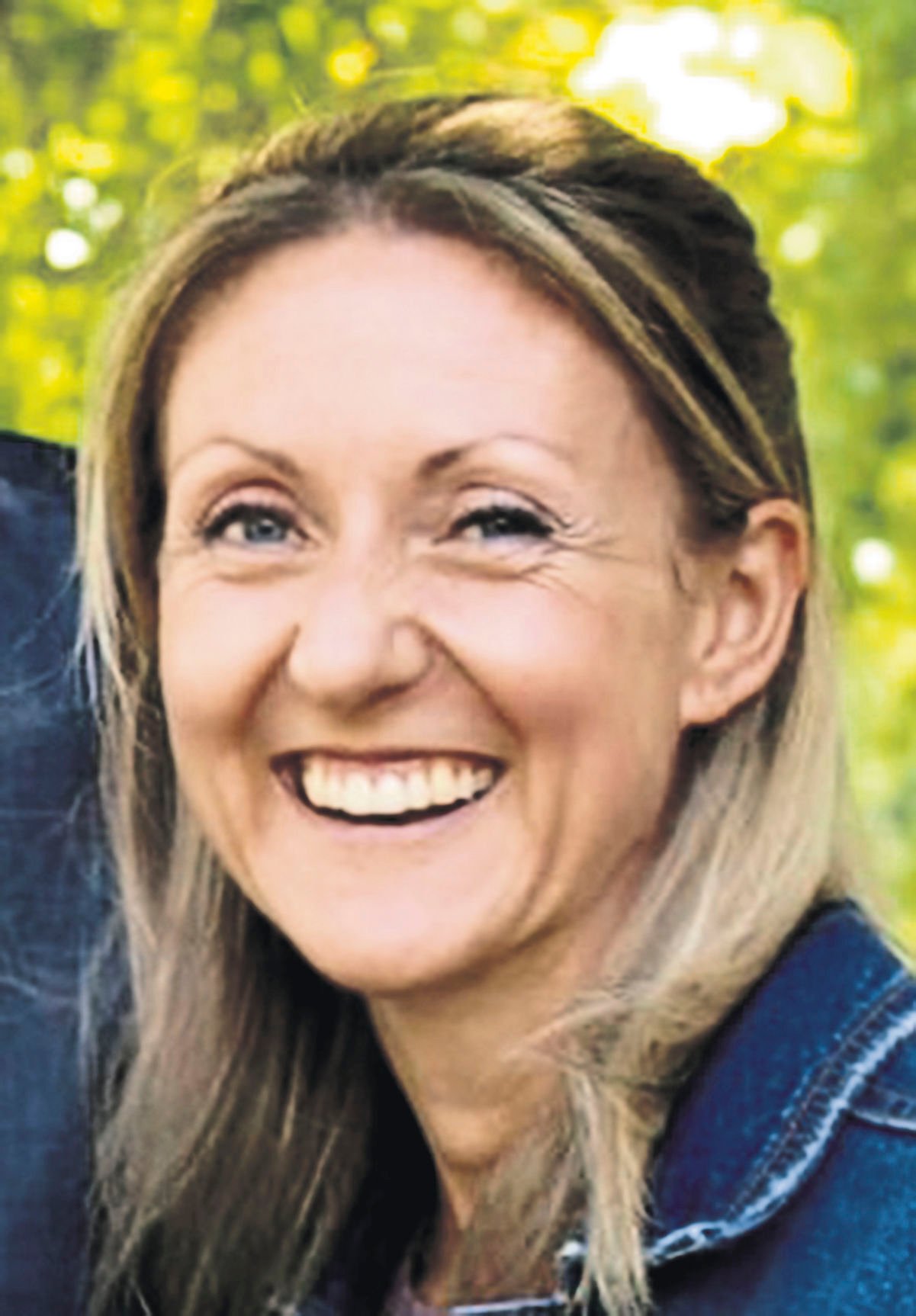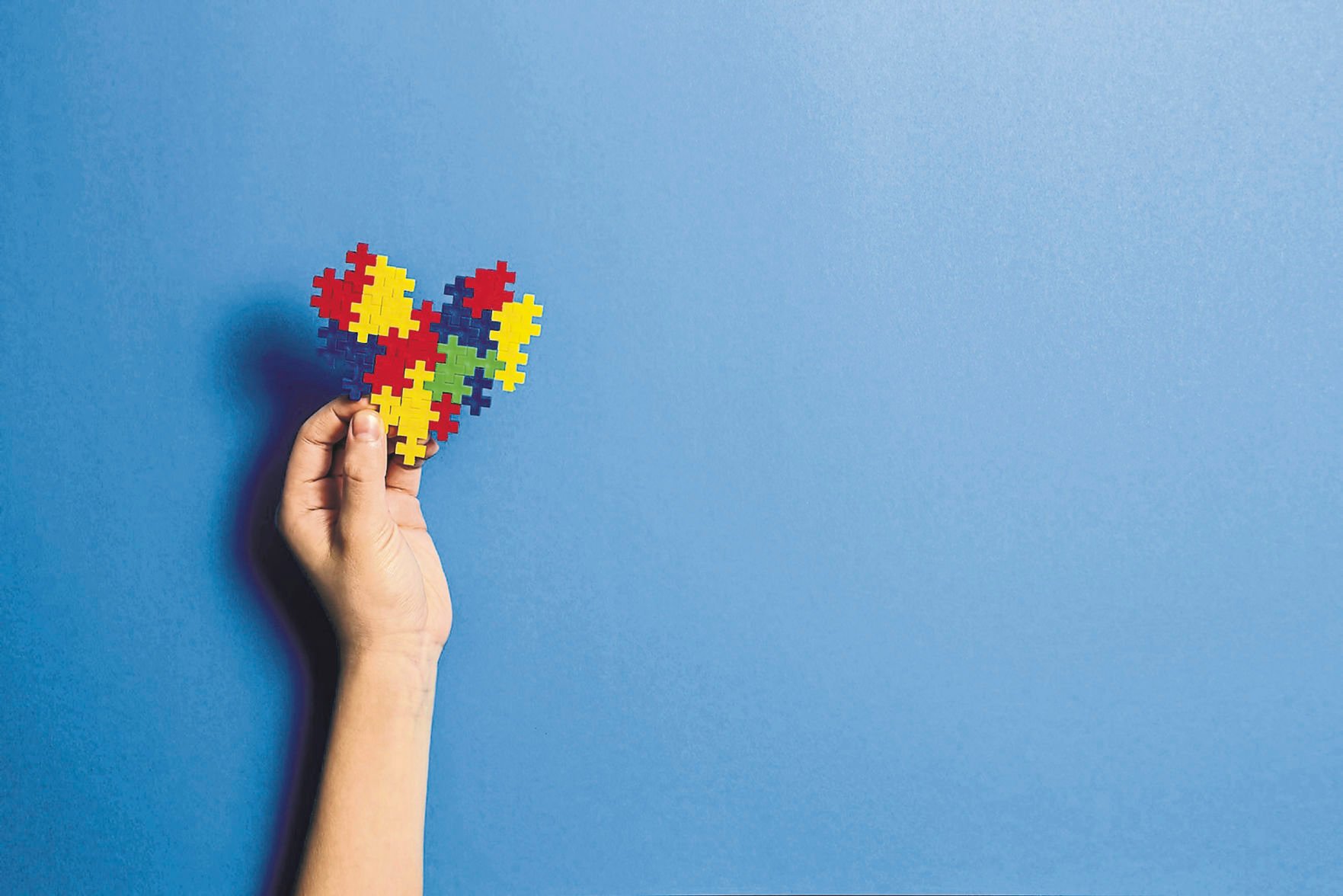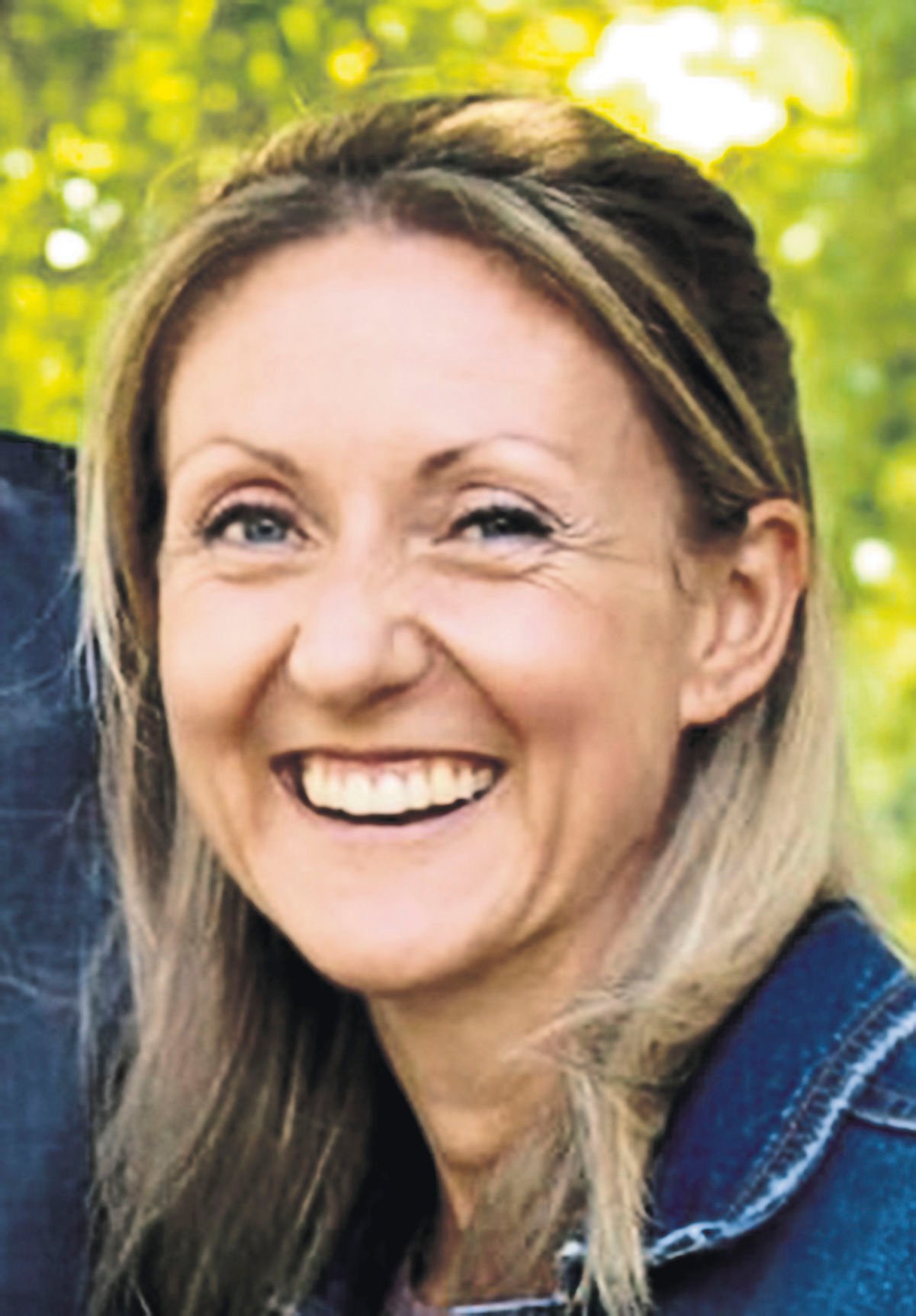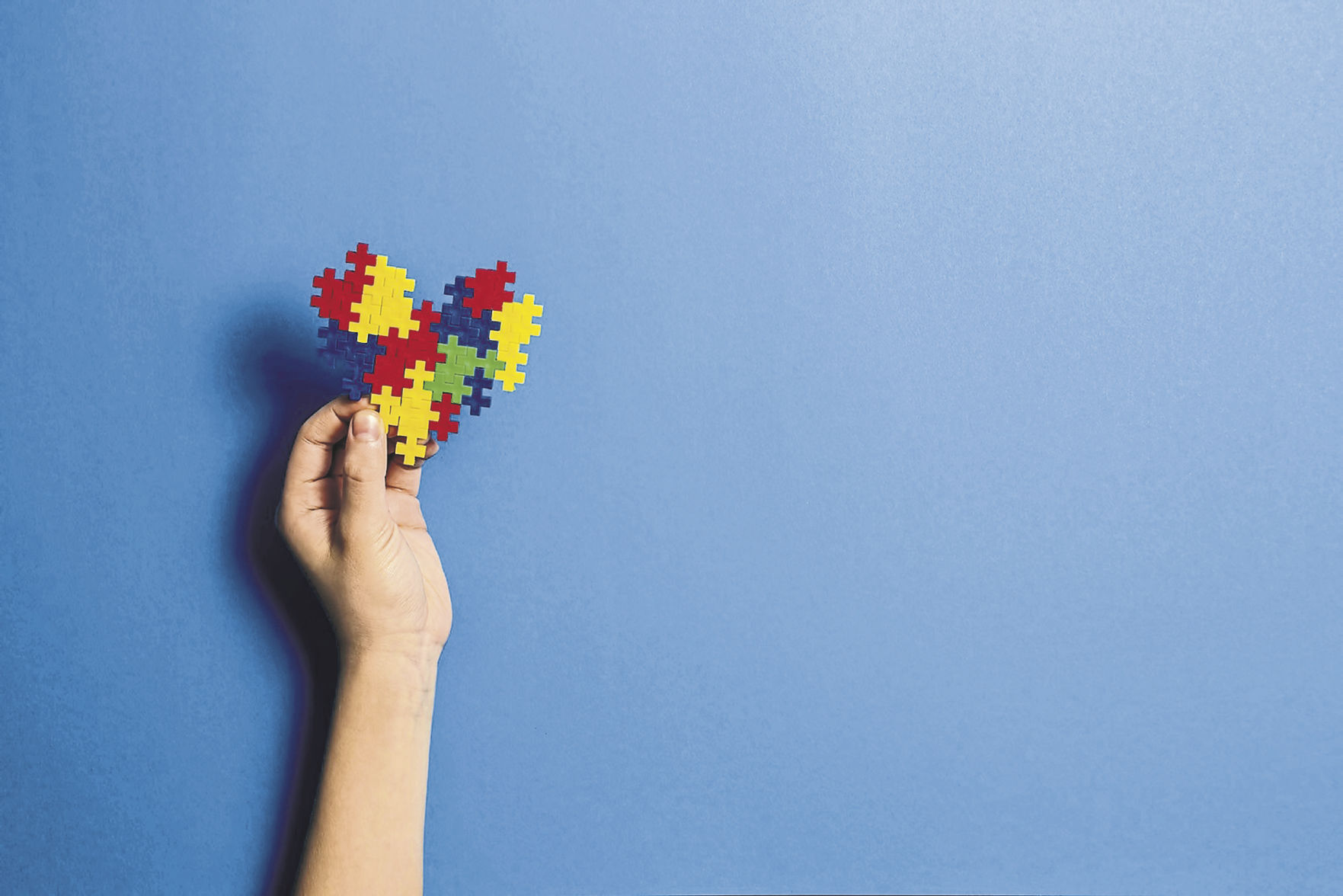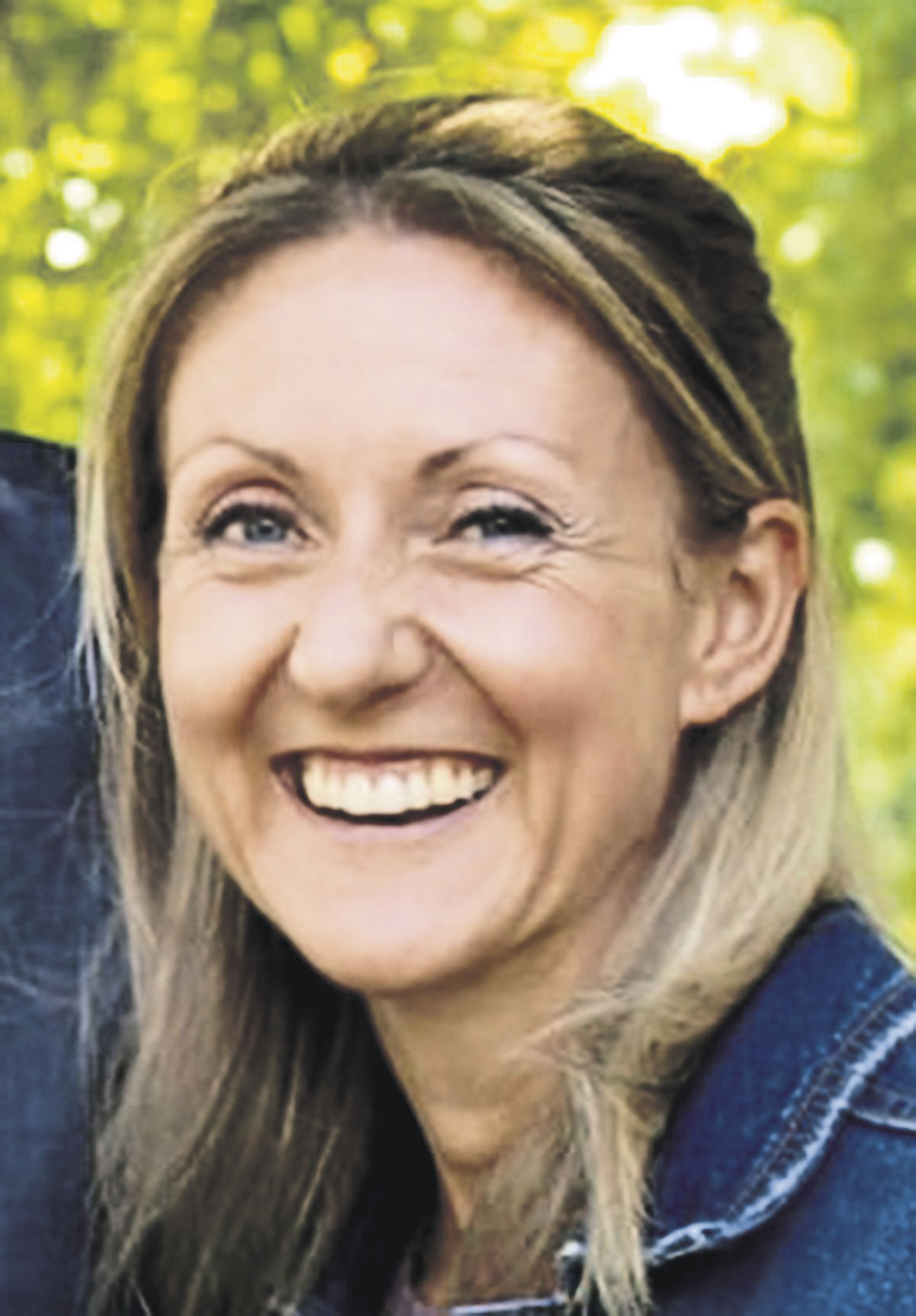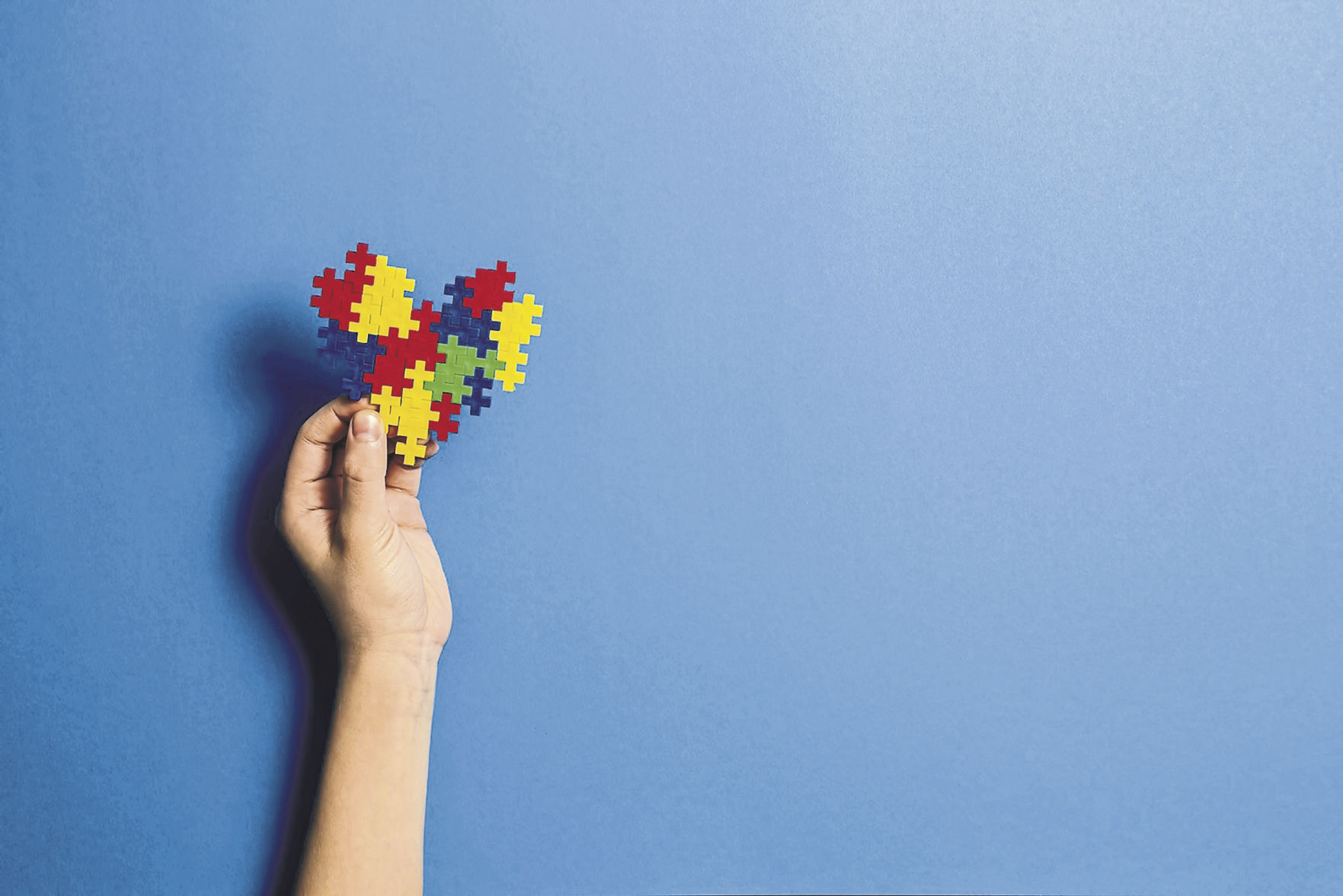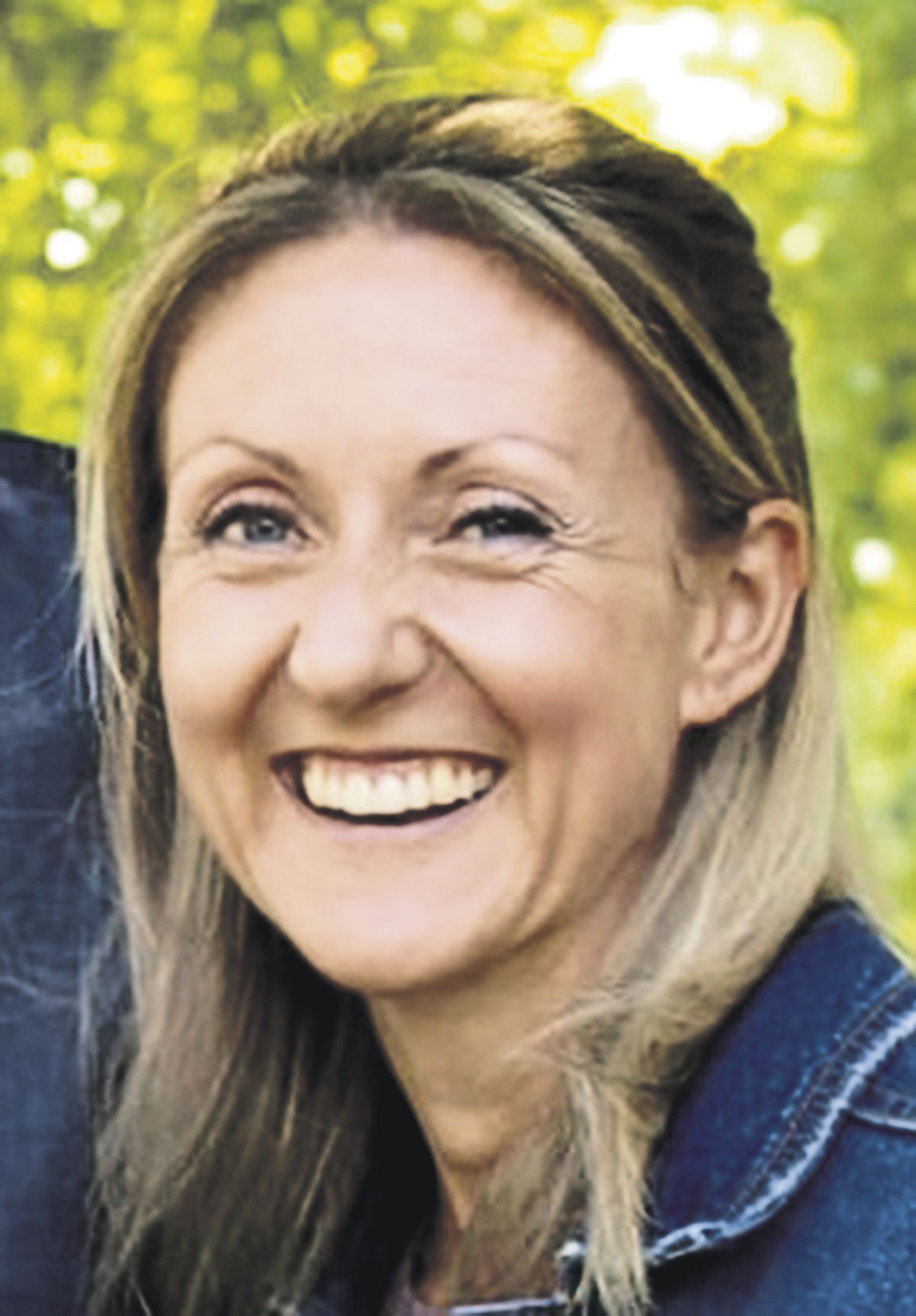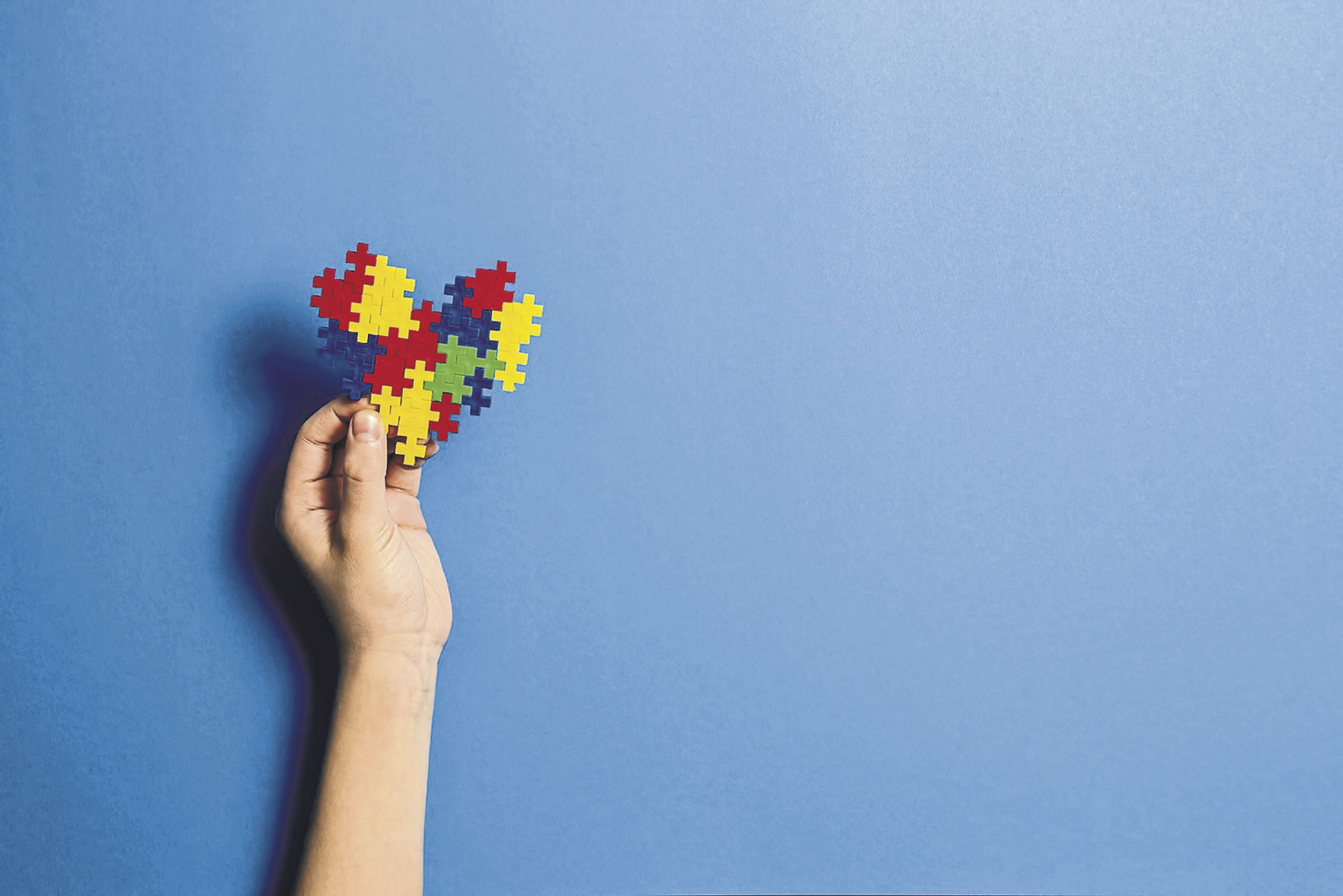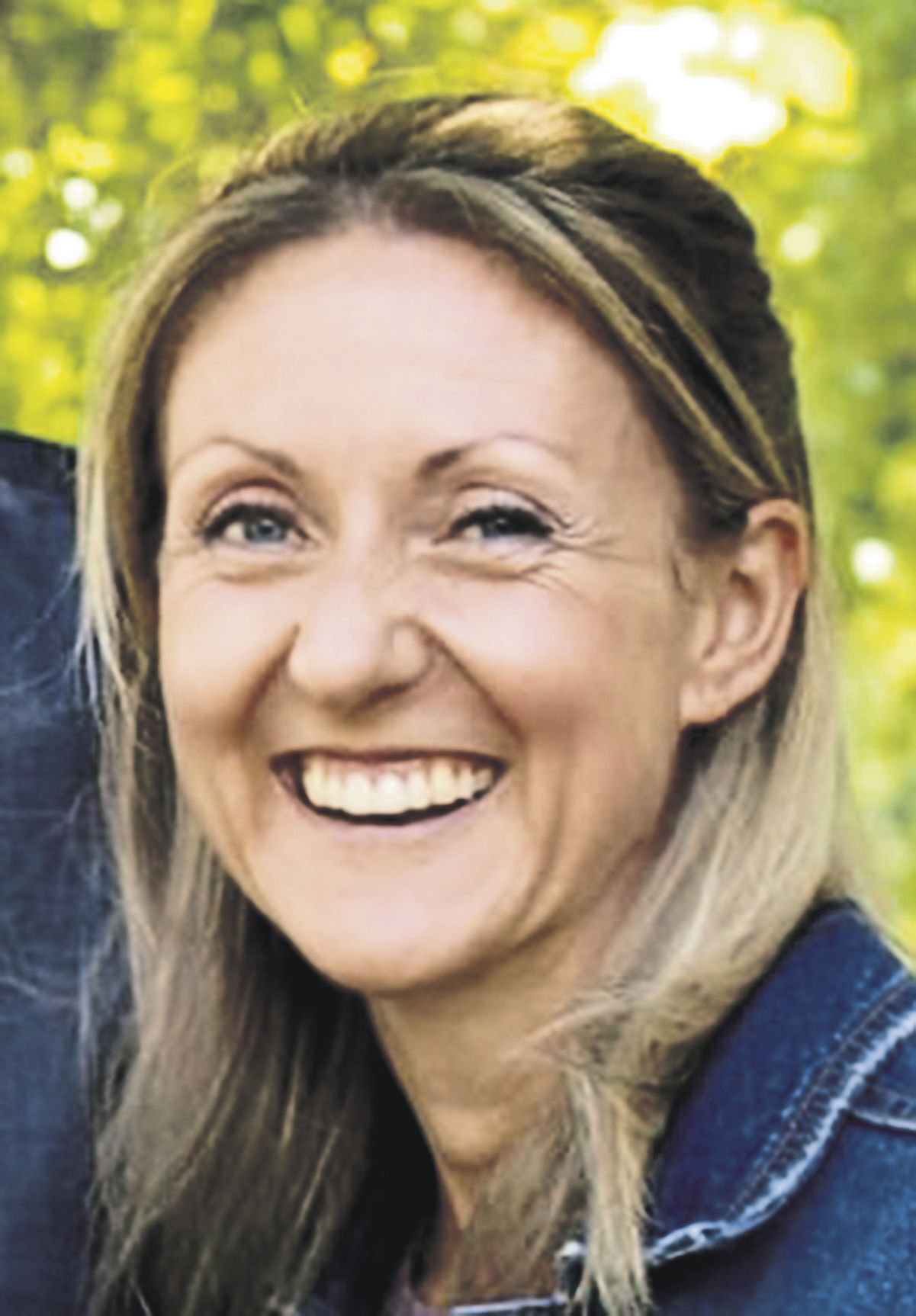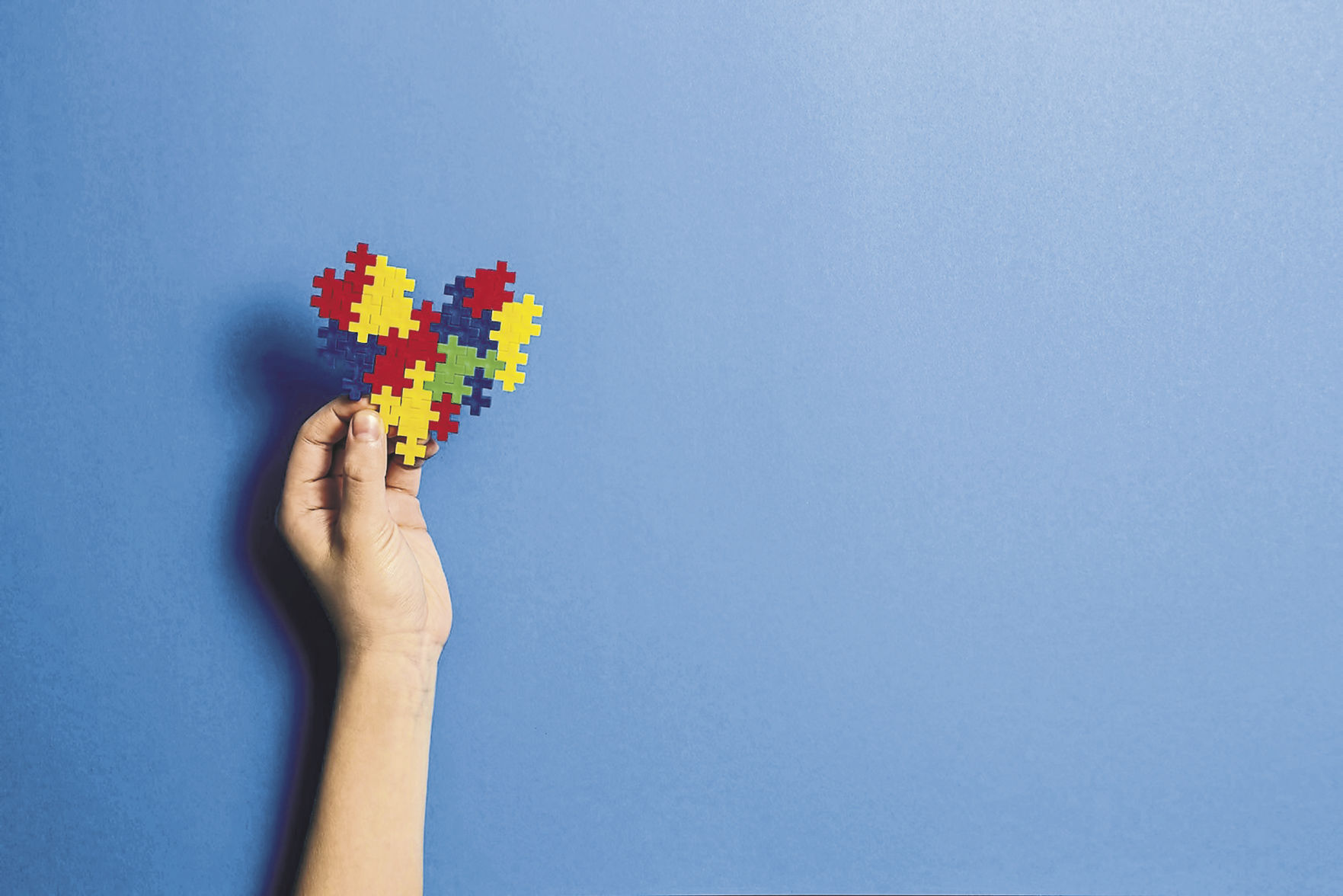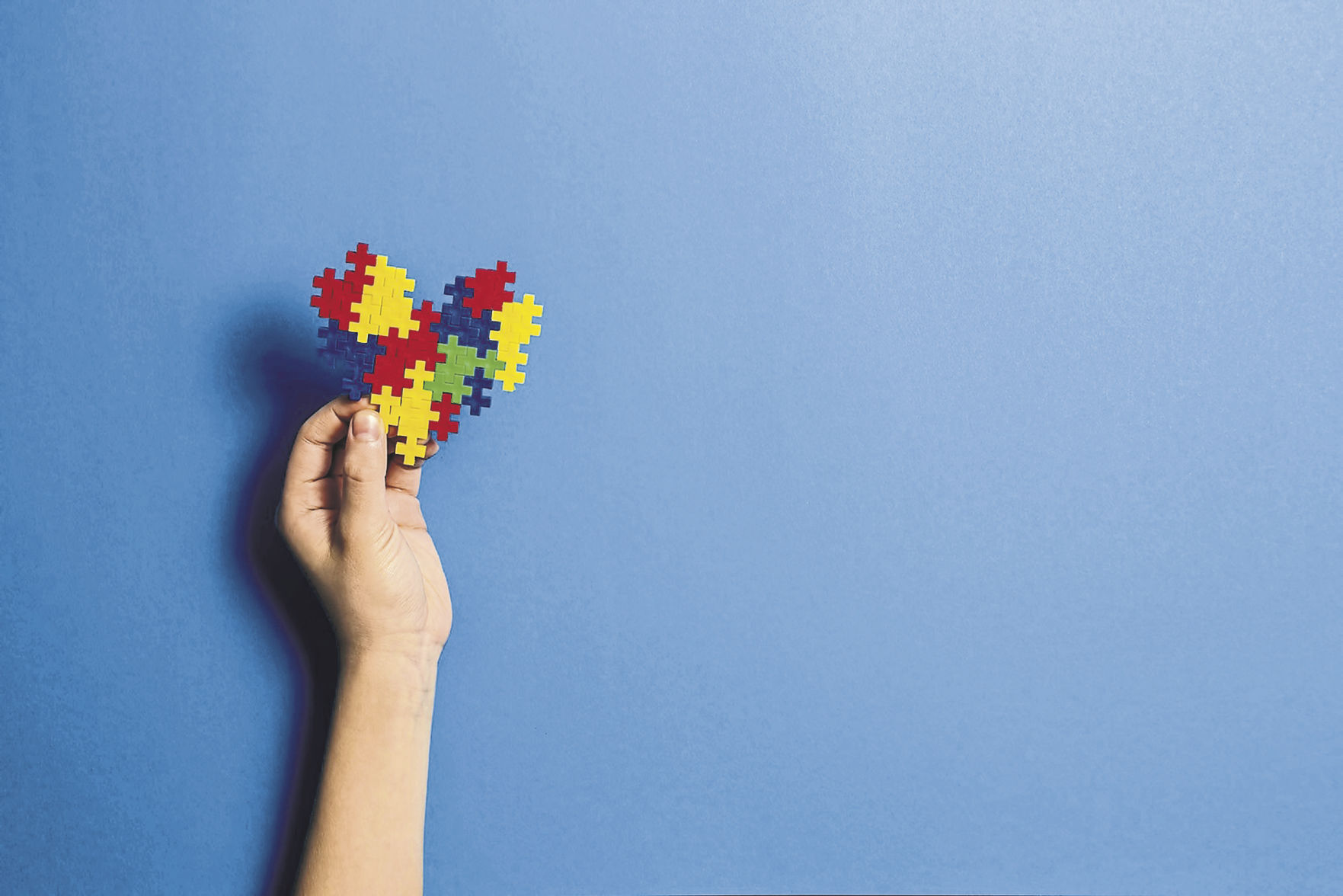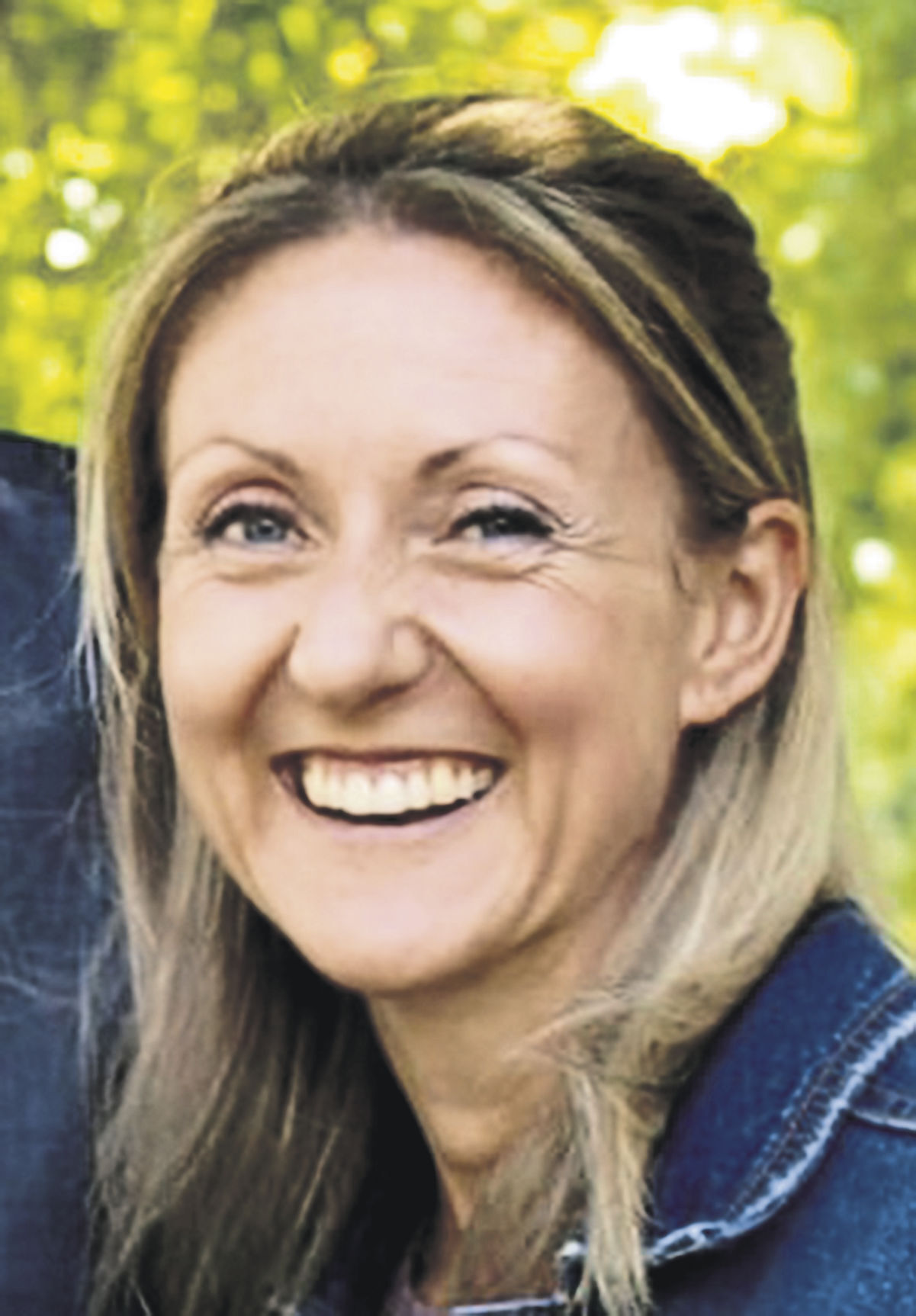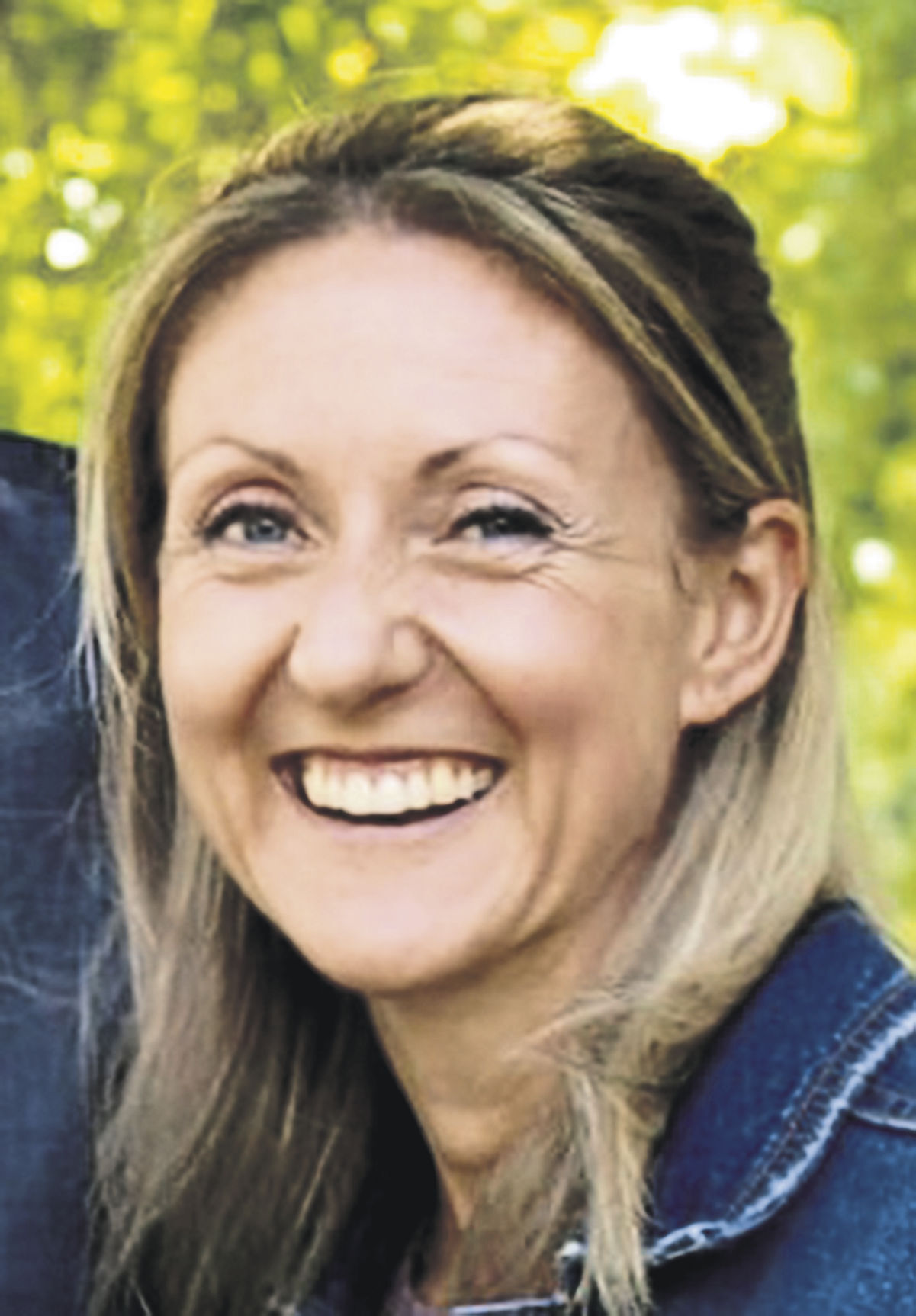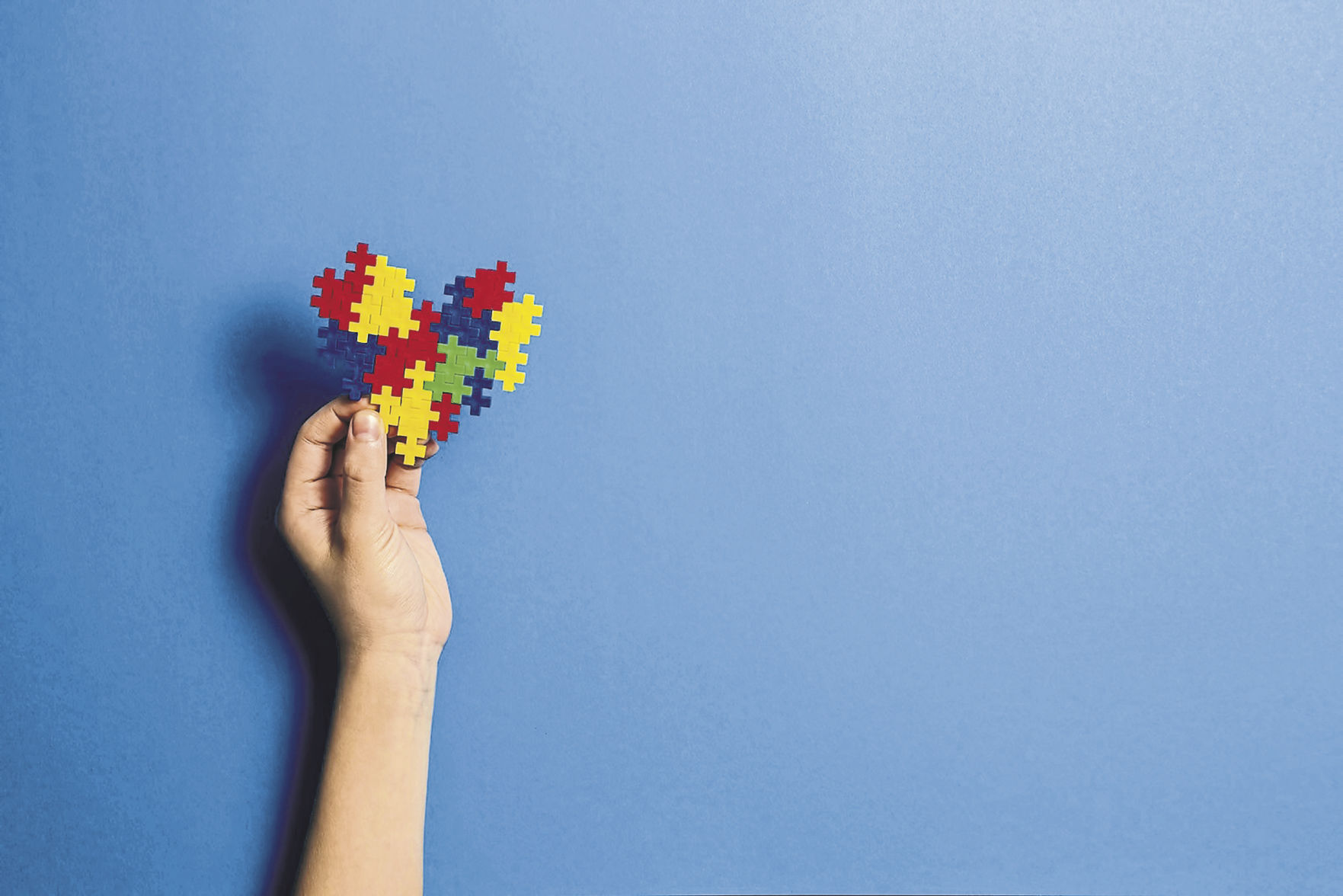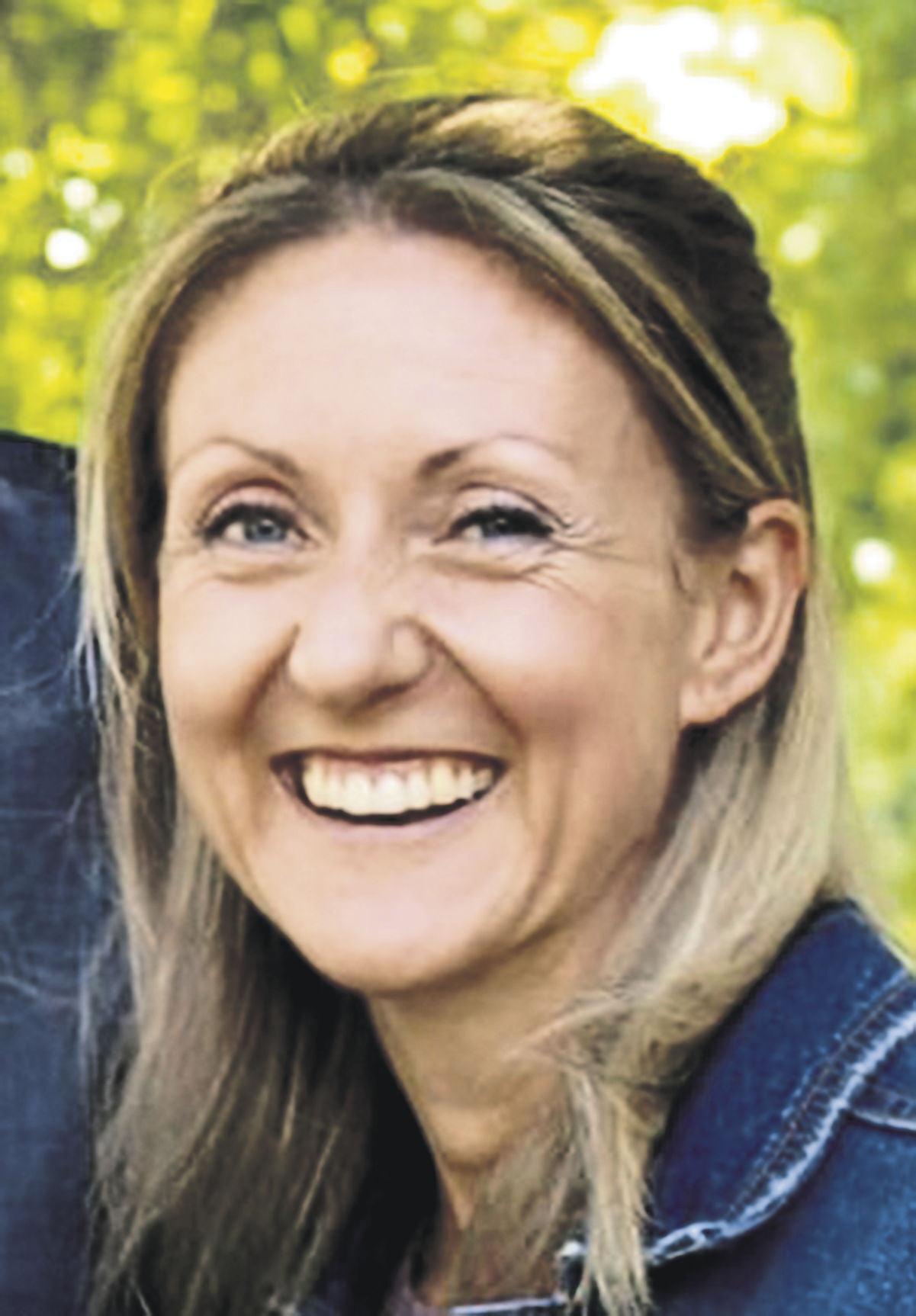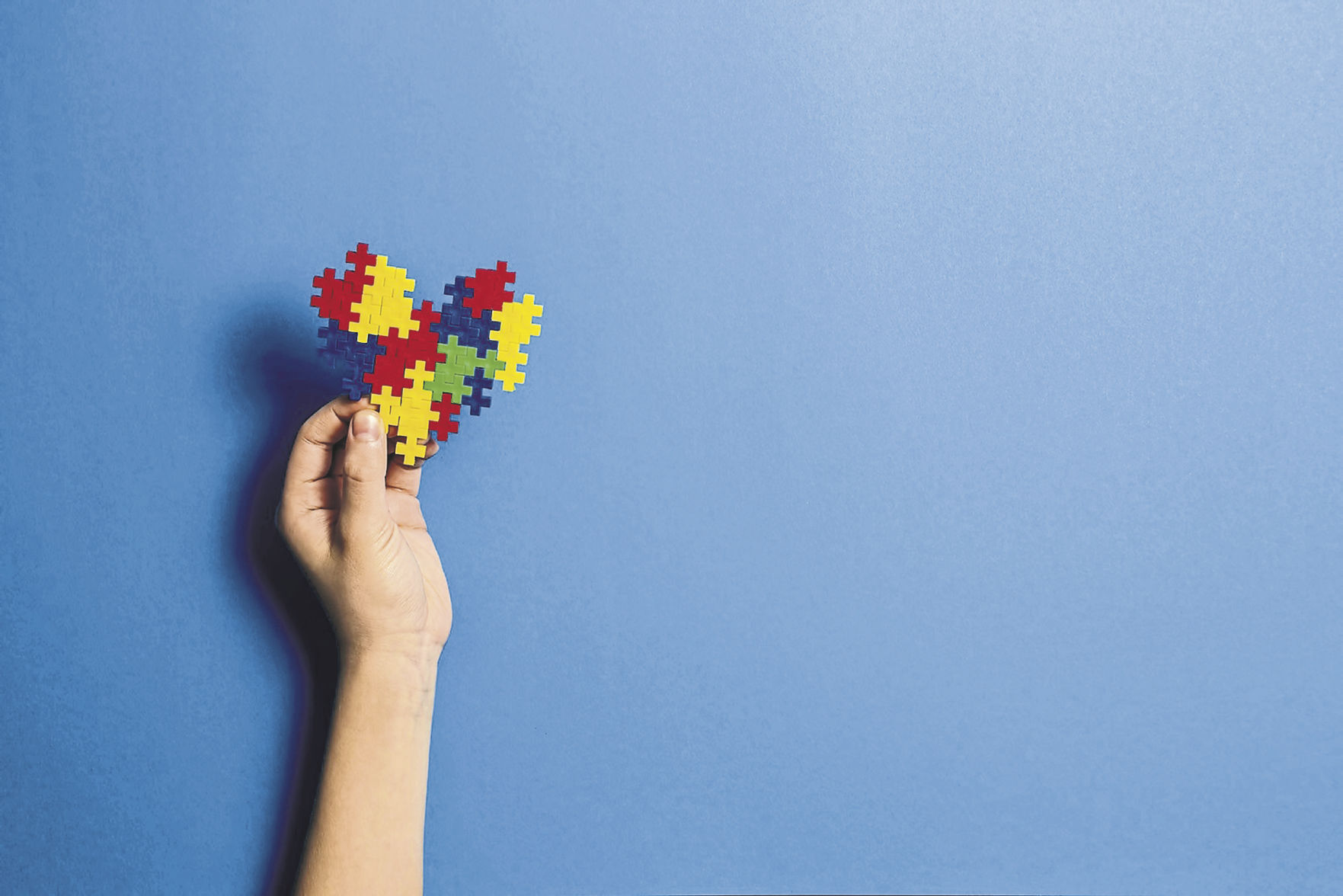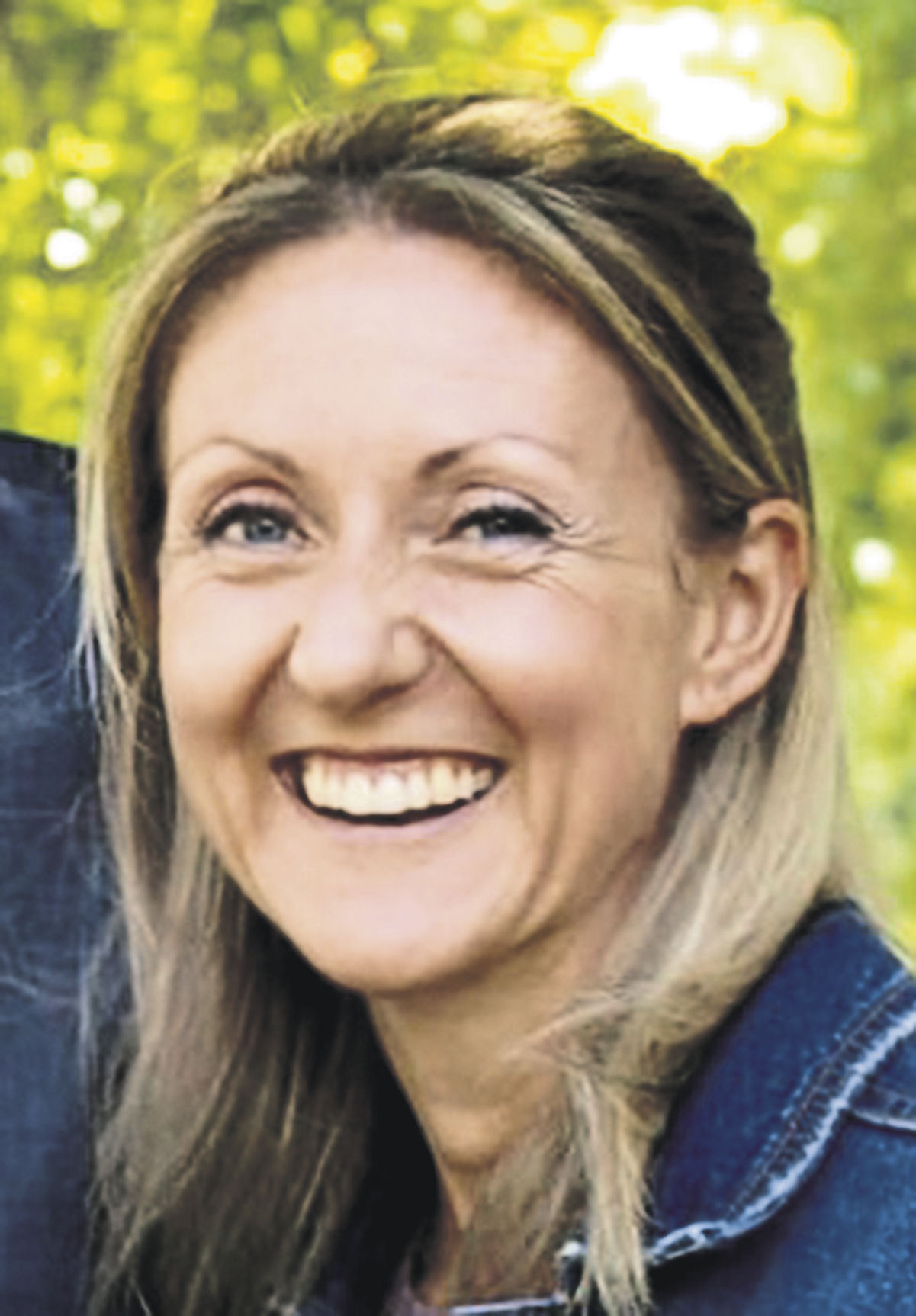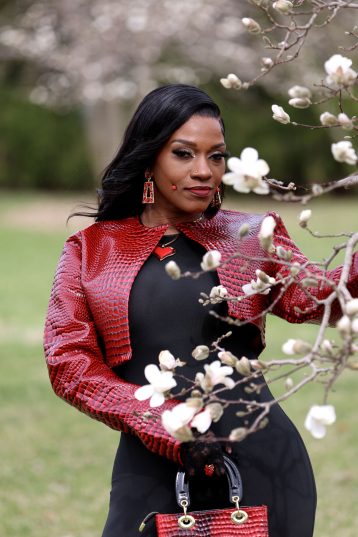I had just finished teaching in a fifth-grade classroom. I was packing my materials to move on to the next class when a small,
serious-looking boy in square-rimmed glasses approached me. As he handed me his eye pillow, he politely asked if he could have my phone number.
At first, I was flummoxed. It took a moment for me to process his request, but I quickly realized that this small, earnest boy was most likely not, in fact, requesting my personal number through which to contact me (which would be wildly inappropriate). Just to be sure, though, I asked for further clarification.
“You mean the studio? You want the studio’s phone number?”
His head bobbed up and down in affirmation.
“Oh,” I said. “We do have a phone number. I don’t know it off the top of my head, though. Are you wanting to know about yoga classes at the studio?”
“Yes,” he replied. “For my mom.”
I started to nod, then paused. “Wait — are you looking for yoga classes for your mom, or do you want to know if there are kids classes that you can tell your mom about so she can take you?”
This young human was so earnest in his quest for information, I wanted to be certain I was giving him what he needed.
“I want to know about yoga classes for my mom.”
He gazed directly into my eyes as he explained.
“You see, she just really, really needs a break.”
This gentle soul proceeded to tell me all about his mom — how he was the youngest of five kids and that his oldest siblings were all in high school. His dad worked a lot and was never home before bedtime, and his oldest sister.
“Well, she’s just really naughty,” he sighed, with no hint of judgment. “She’s always staying out too late, and then being mean and yelling at my mom. My mom even had to call the police on her last week. My mom is really tired, and she just needs a break, you know?”
I didn’t know, but I could imagine.
What struck me most in this moment was the empathy that oozed from this small man-child. At the time, I had just finished reading “Unselfie,” by Michele Borba, which addresses the need to explicitly teach the skills of empathy to our children. We are in what many view to be an empathy crisis in our society; meaning that people today, so digitally immersed, struggle to authentically connect with other people.
Standing before me was living proof that empathy, though perhaps scarcer than it used to be, was not dead. This fifth-grade boy was surviving among daily emotional turmoil and pain within his family. There obviously was anger and frustration spilling over at home, and I had no doubt that as his older siblings demanded more attention and energy from his mother, he was left to fend for himself more often than he’d been used to.
Yet, his concern was not for himself. He was not angry or resentful about how his sister’s actions were affecting him. Rather, he was worried about the impact it was having on his mother. He was putting himself in her shoes — the trademark skill of empathy — and thinking about what might make her burden a bit easier to bear.
I found myself fighting back tears. This child was so wonderfully real and genuine — I wanted to scoop him up, whisk him away and make all of his worries go away. I knew, however, that wasn’t possible.
What I could do, though, was aide this boy on his quest to express his empathy for his mother. He needed something tangible to give her so that he could actively know he was providing her with the opportunity for “a break.” He needed to be able to take action to support his mom.
The next day, I returned to his school with a schedule of yoga classes at Challenge to Change, our phone number and a coupon for a free adult yoga class. I also left him a personal note, telling him how lucky his mom was to have such a thoughtful son and a reminder to use the skills he has been learning in his yoga practice to take care of his emotional and mental needs.
Since I was a substitute in his class that day, I haven’t been able to return to see how my young friend is doing. I think about him often, though, and hope that no matter what life throws his way in the future, he continues to look at the world through a lens of empathy and kindness.
Melissa Hyde has a master’s degree in education from Pepperdine University in Los Angeles and more than 10 years experience teaching elementary education. She works for Challenge to Change in Dubuque, teaching children social emotional regulation skills through the practices of yoga and mindfulness.

